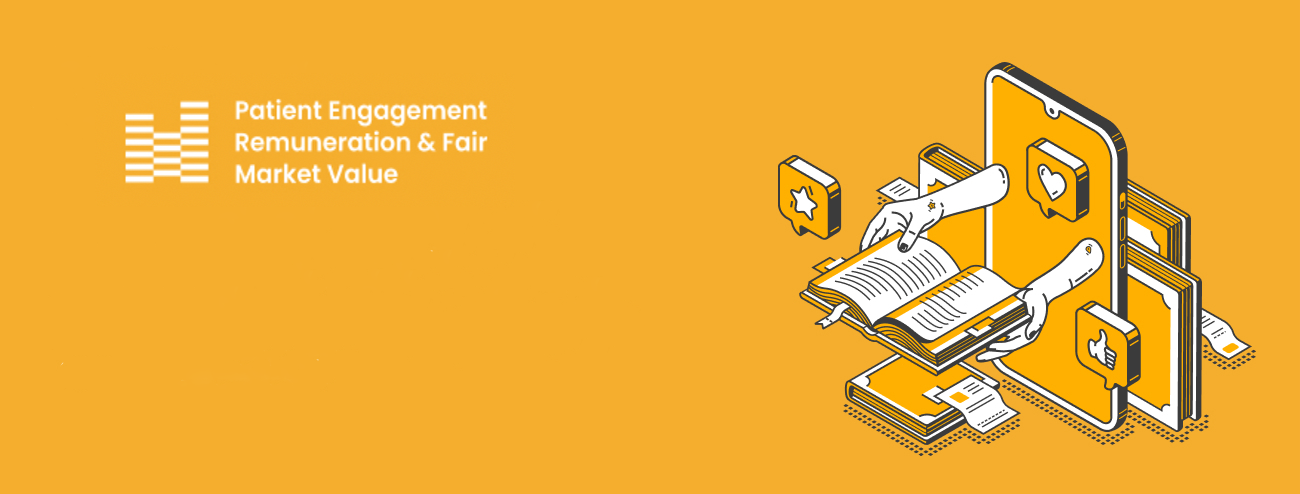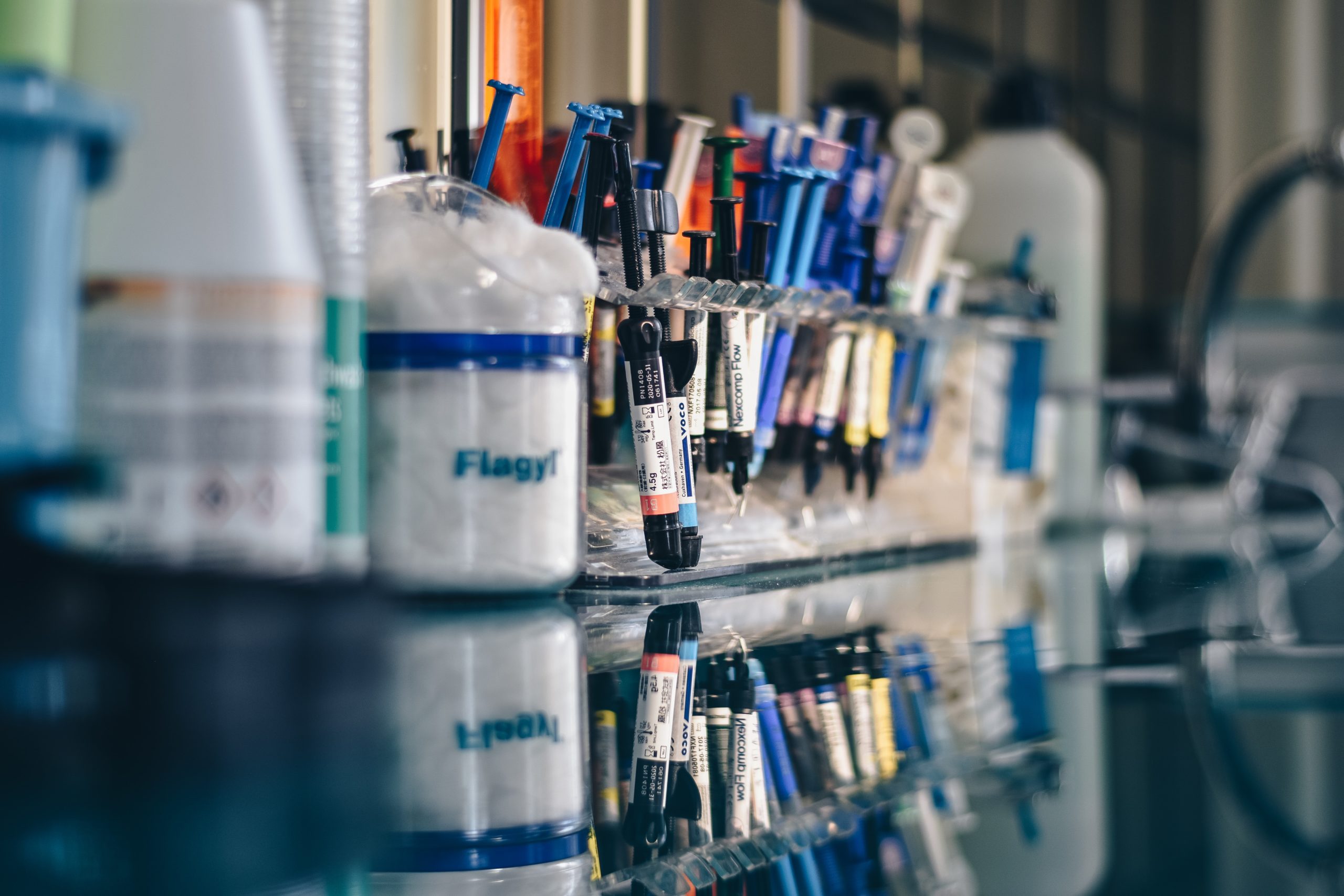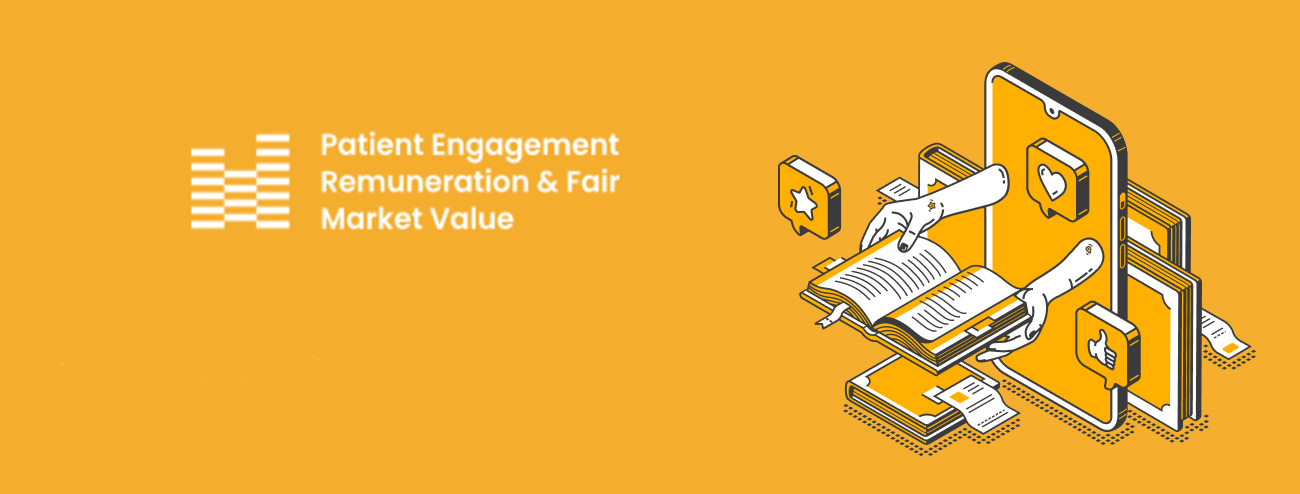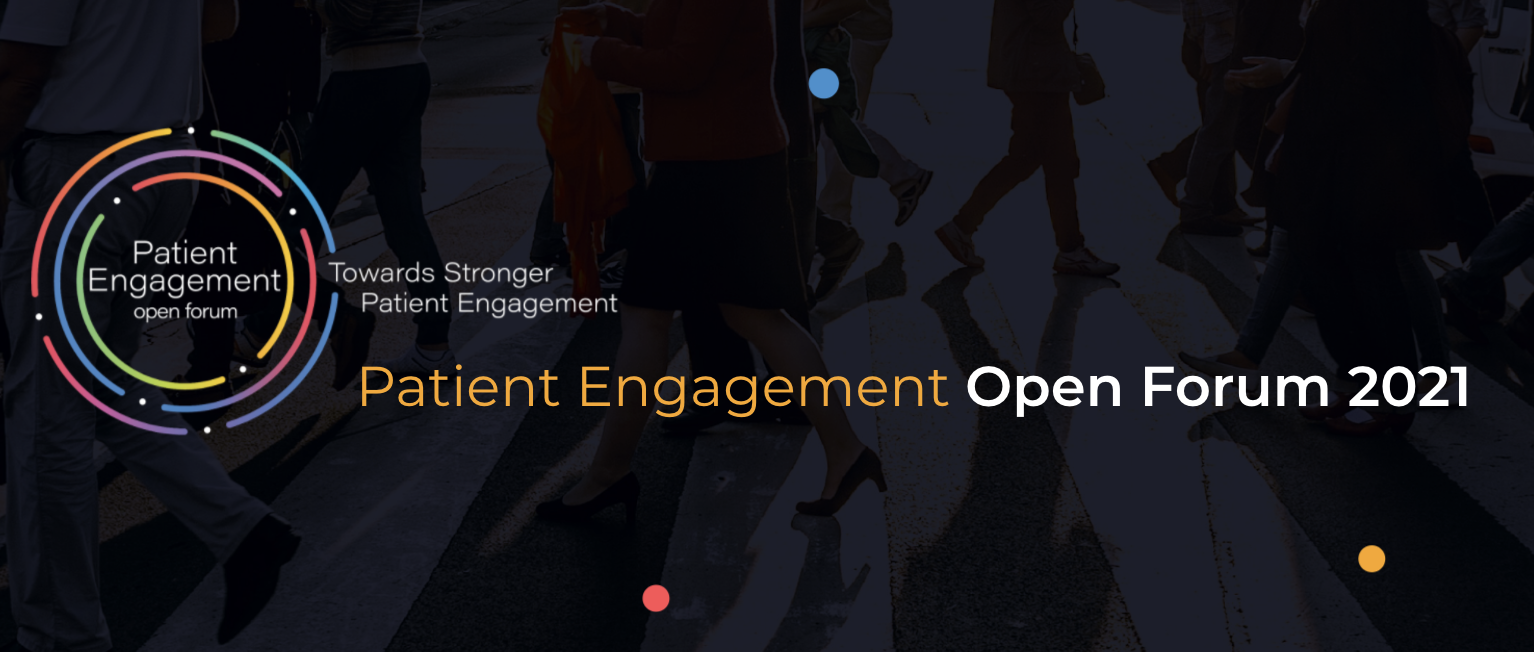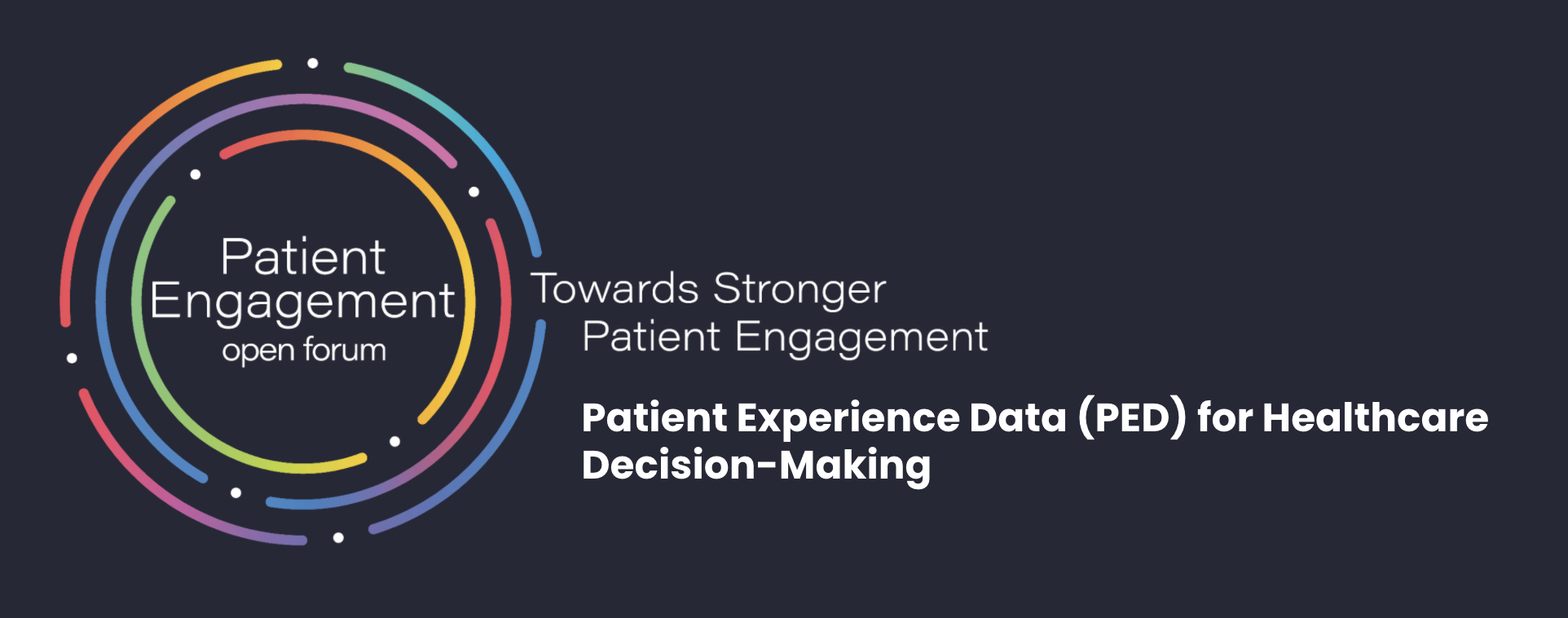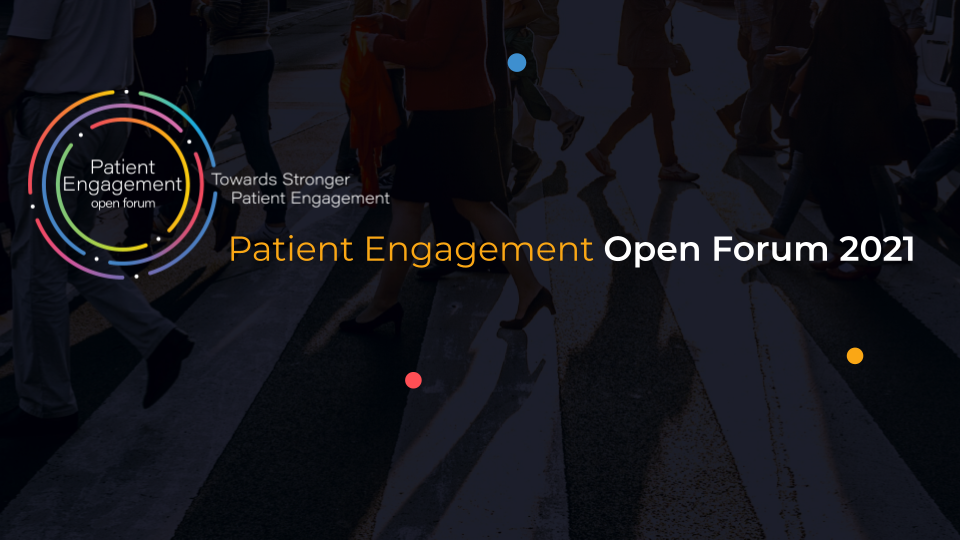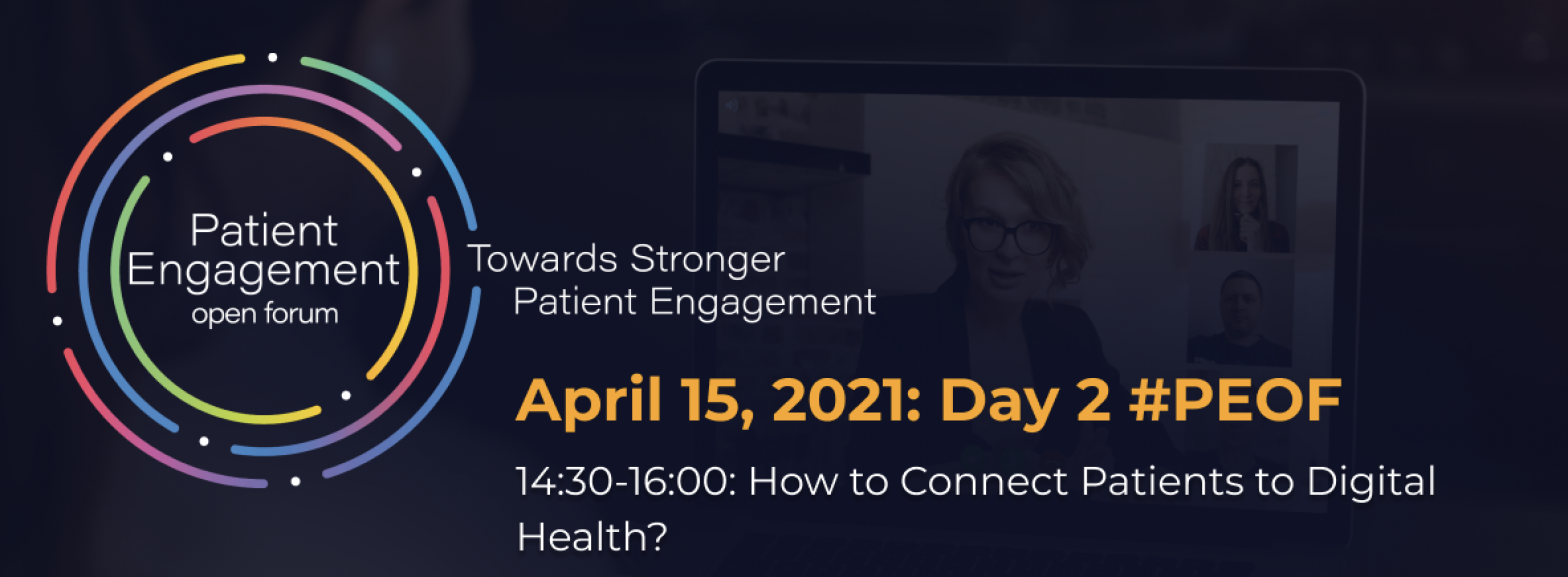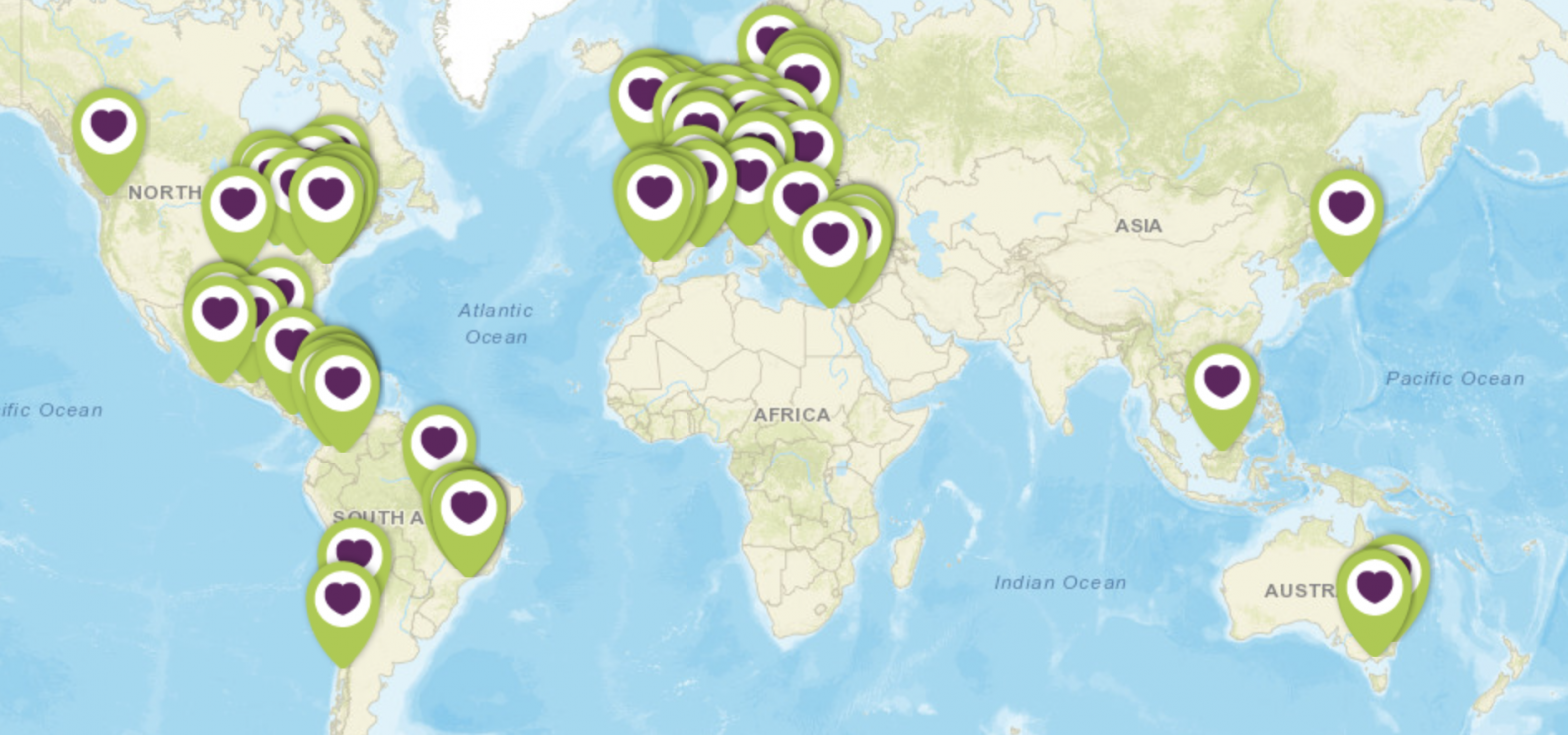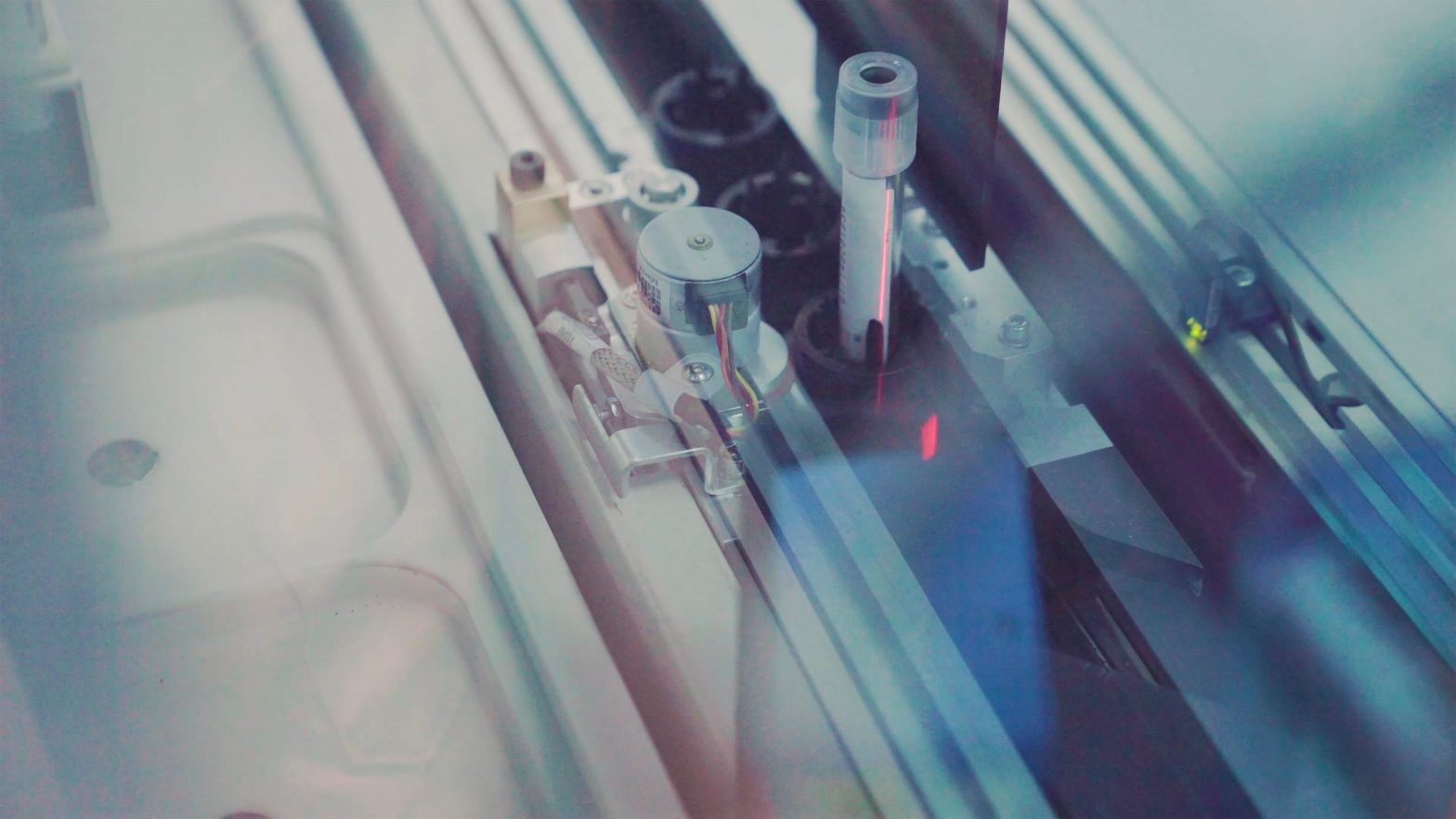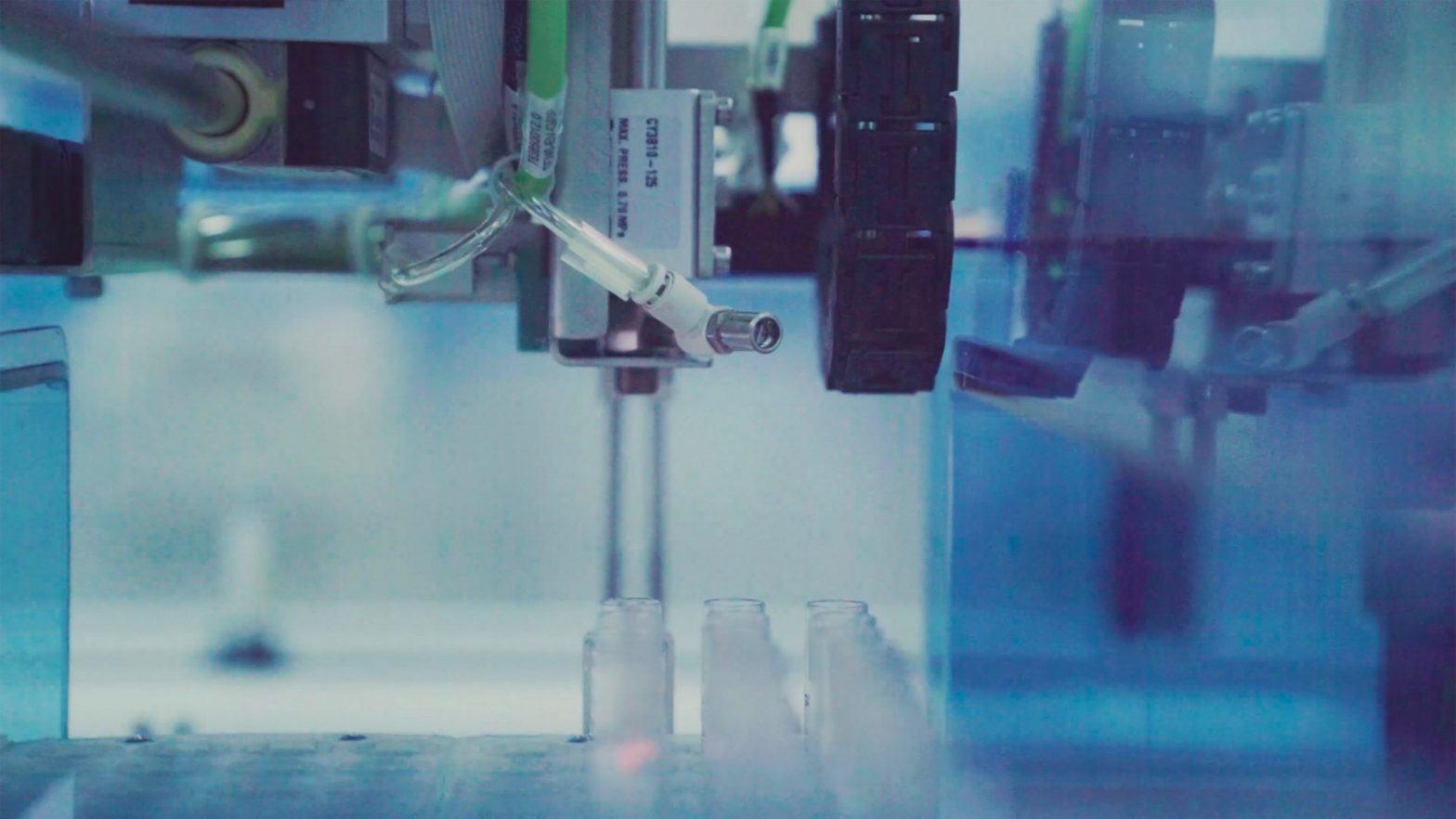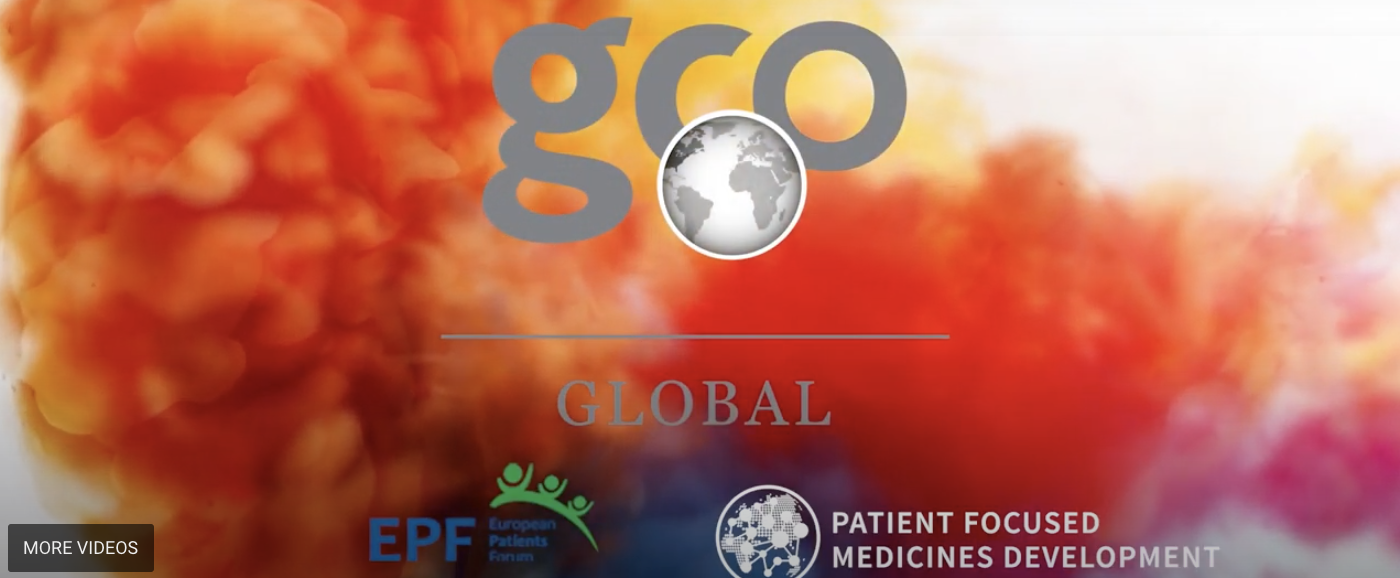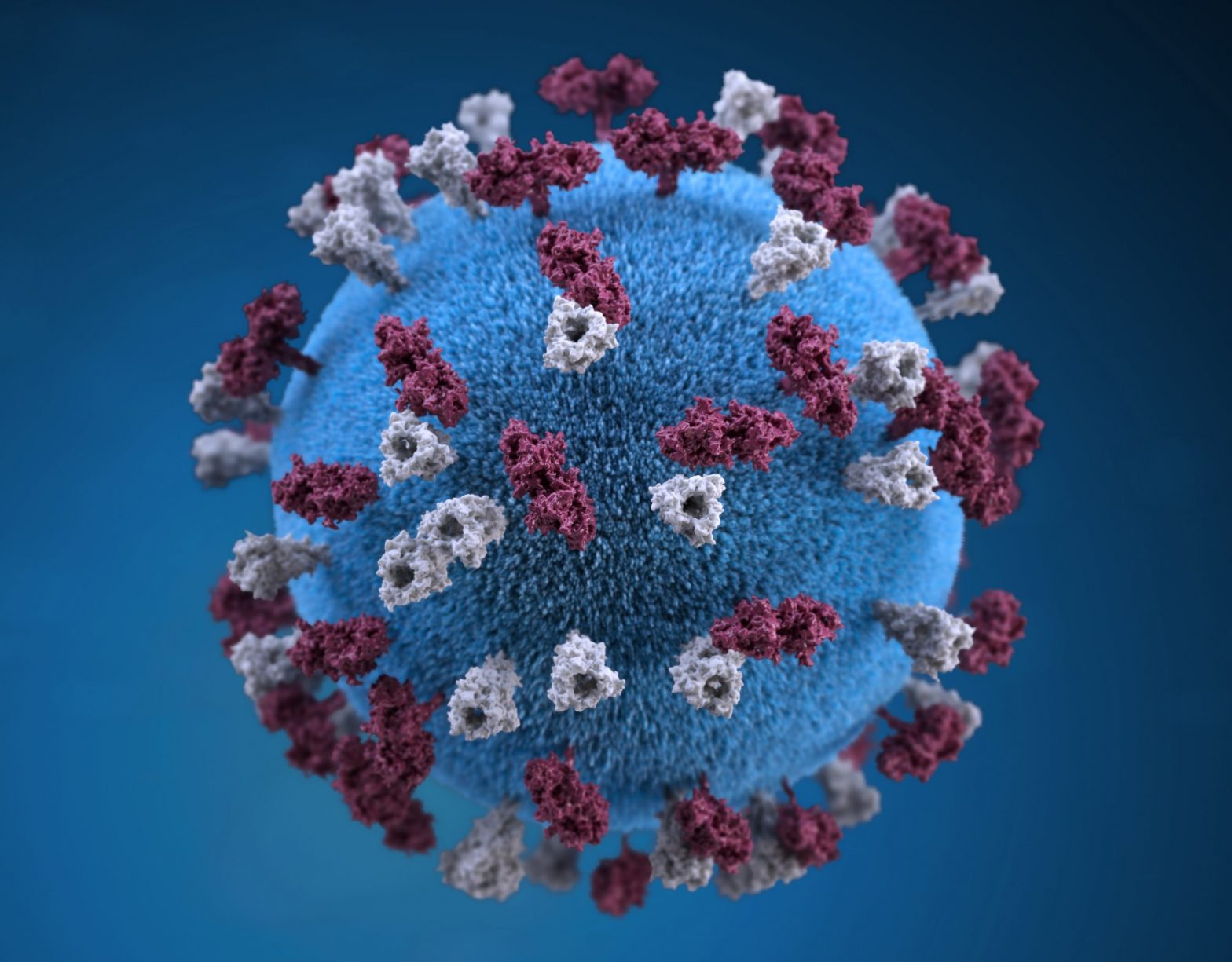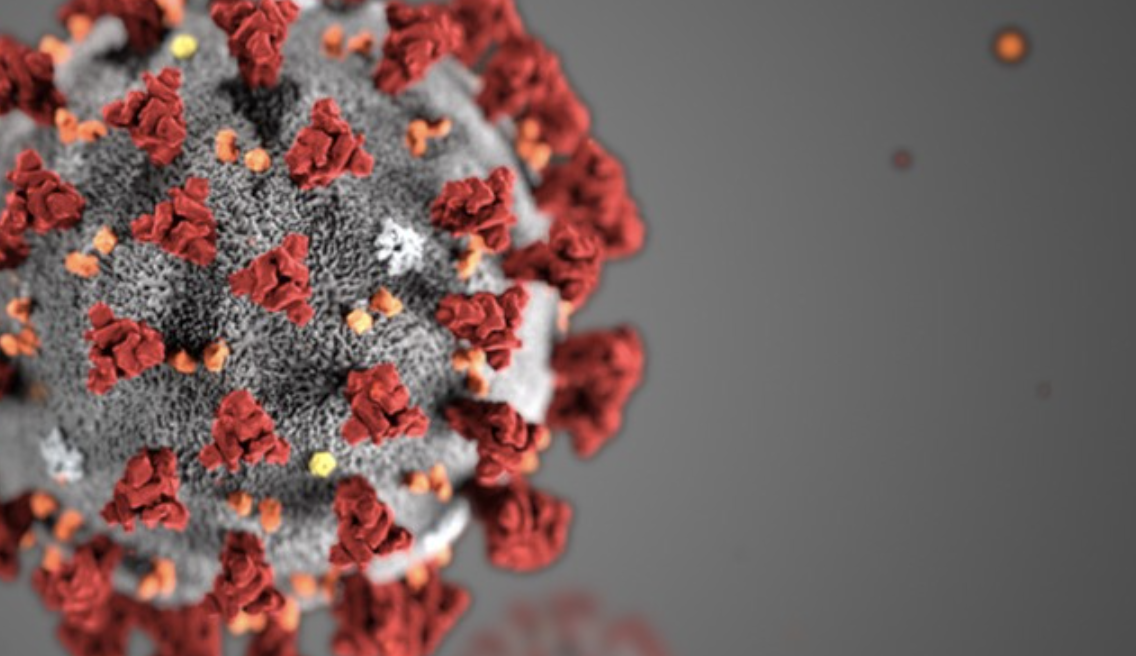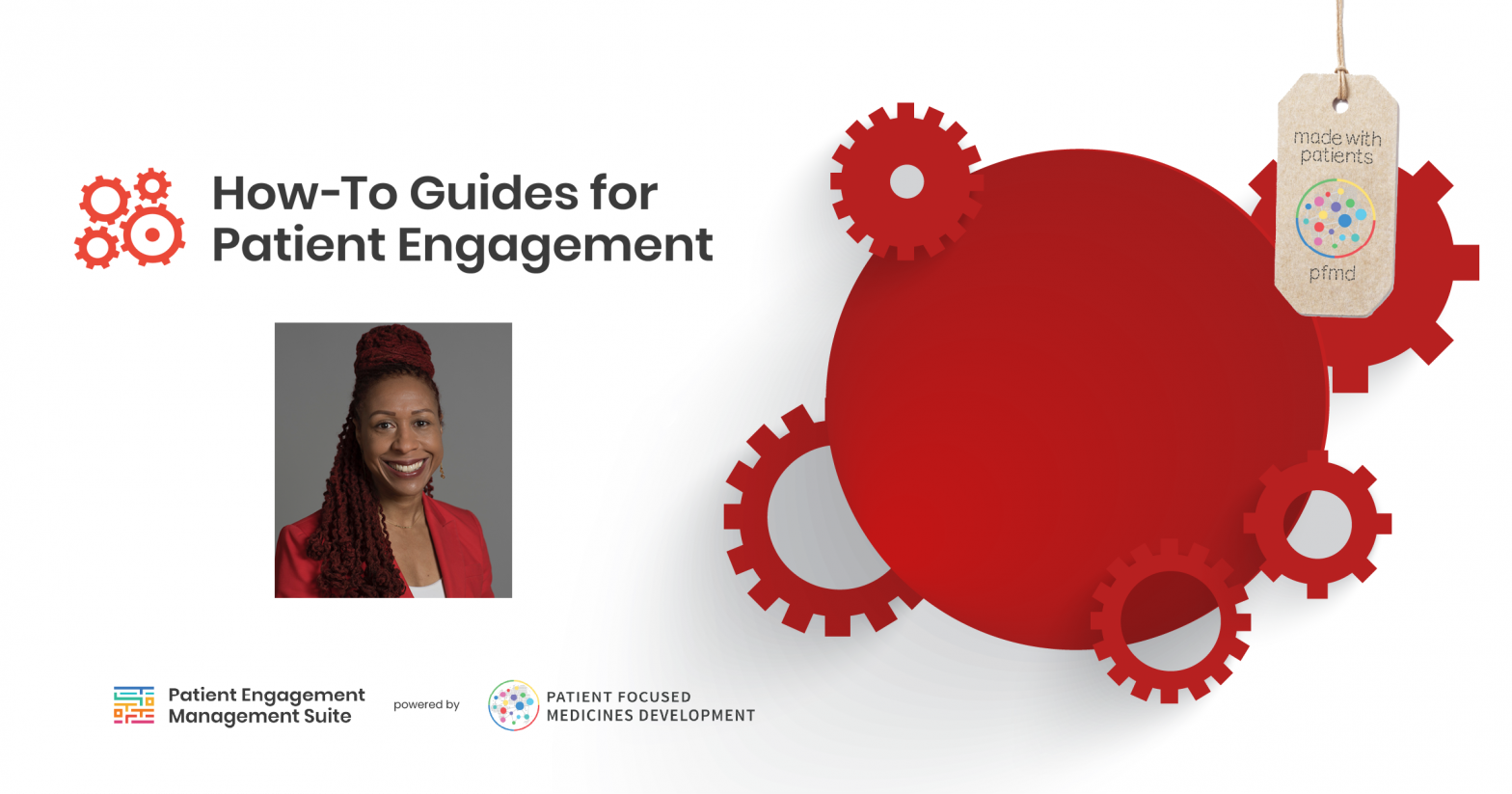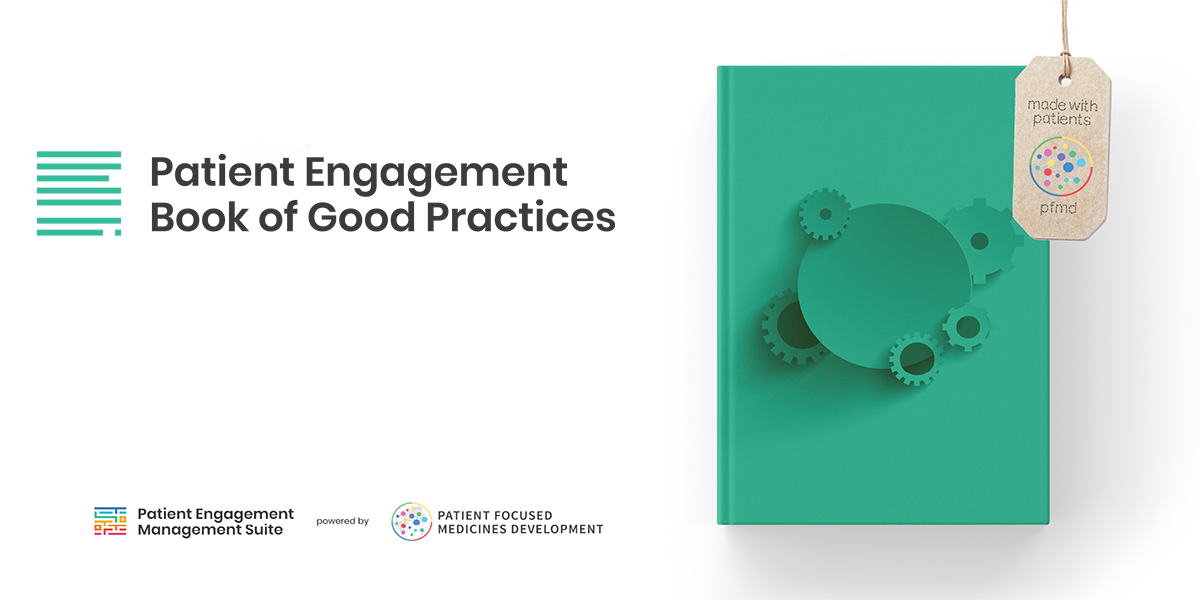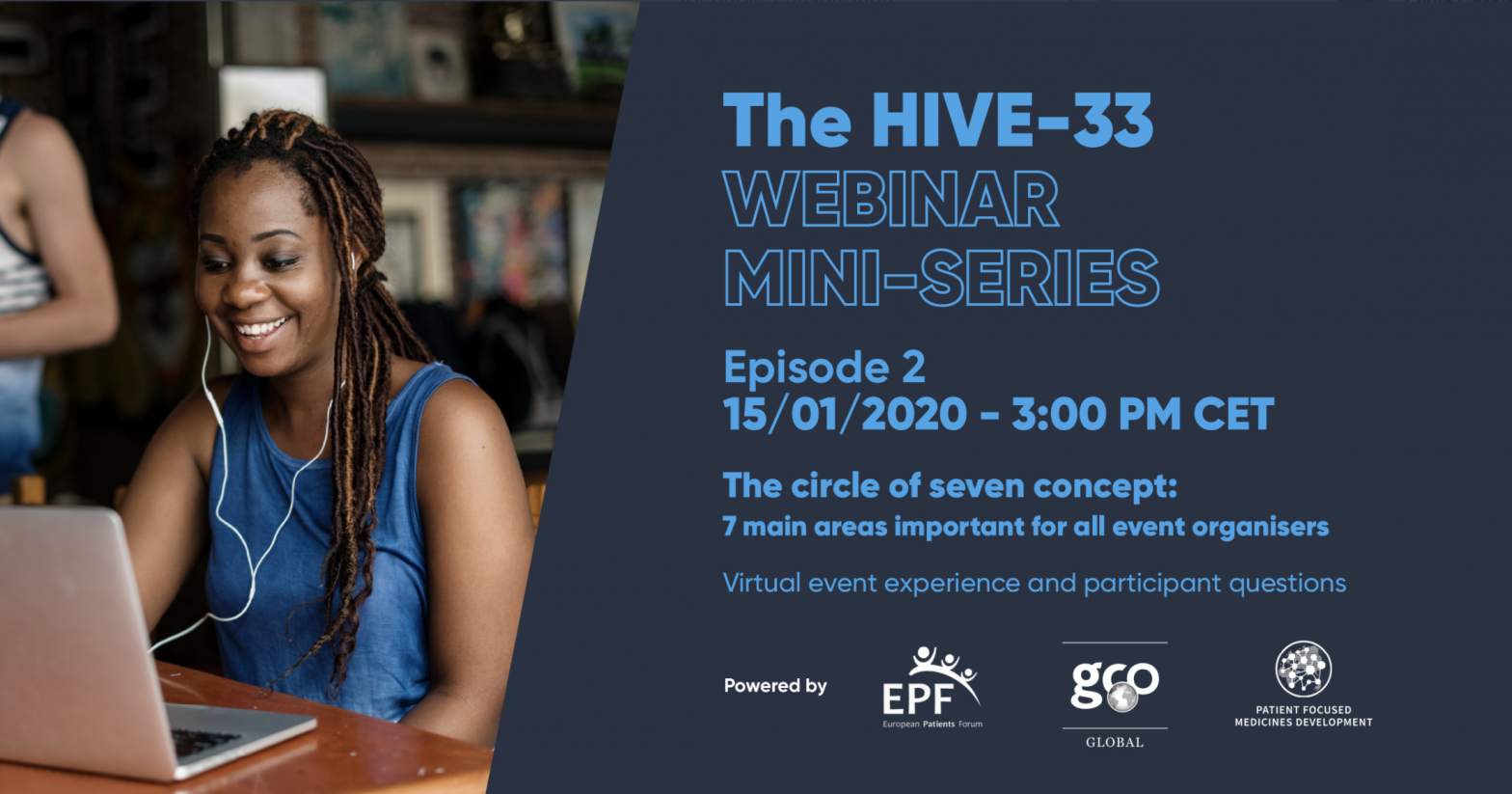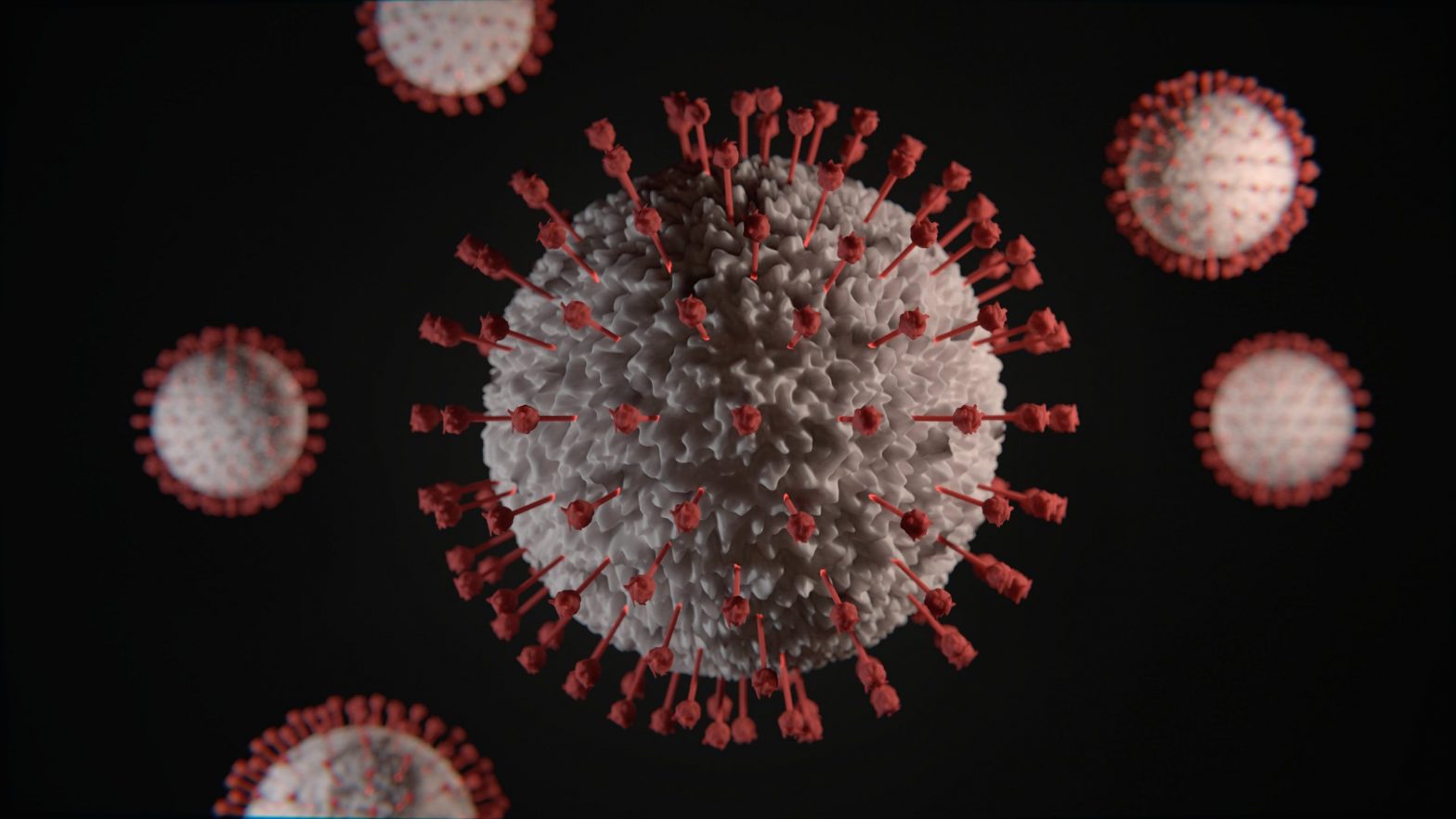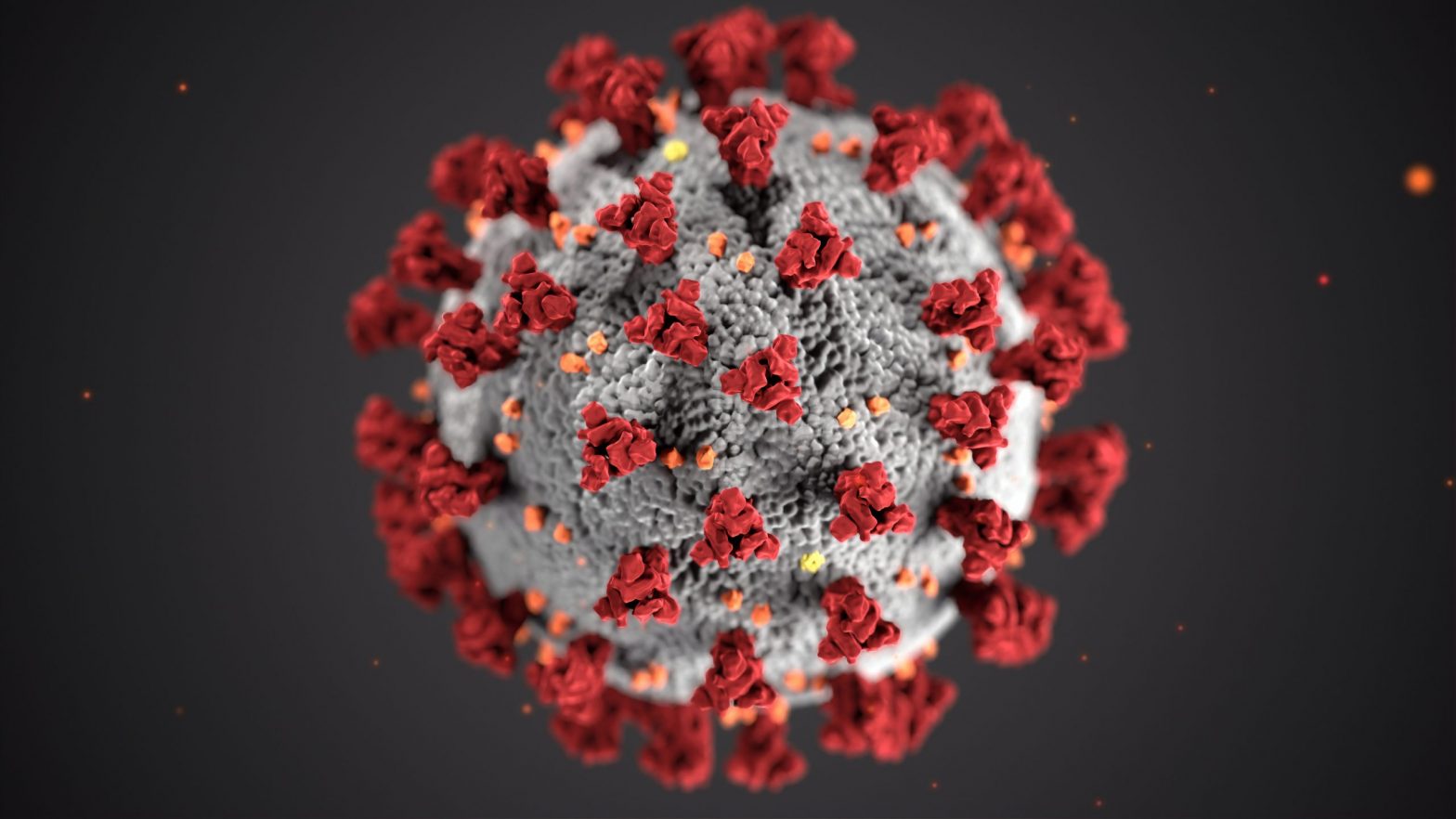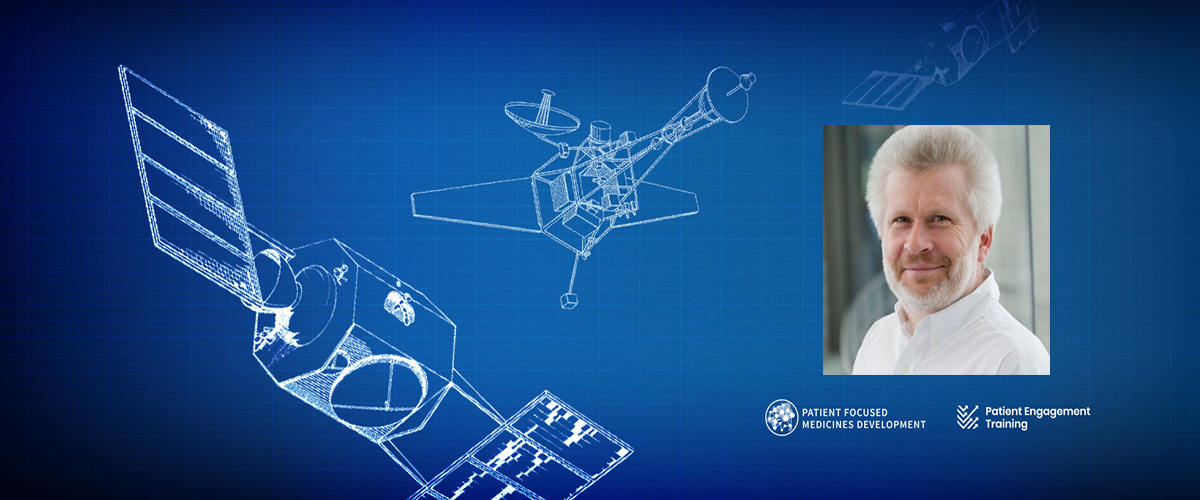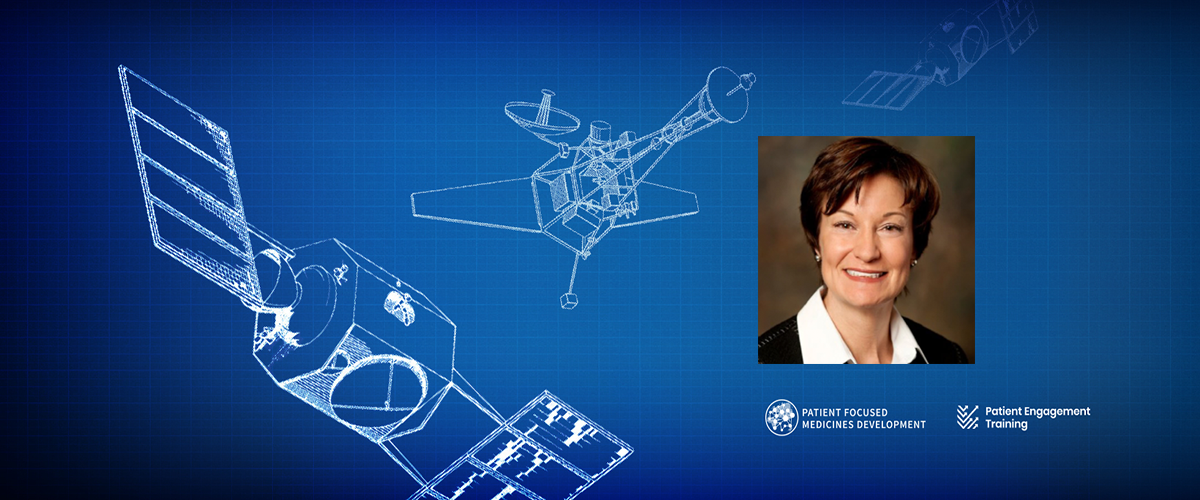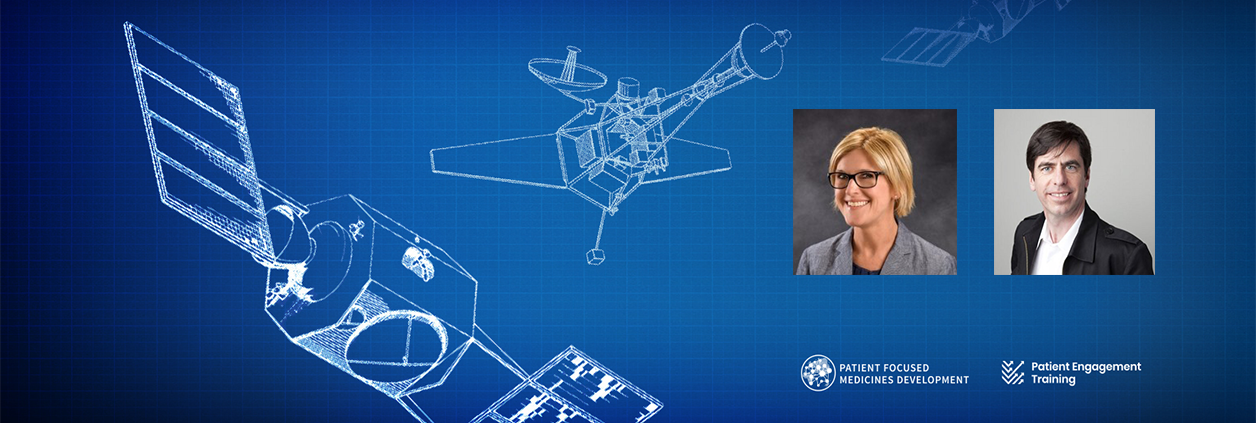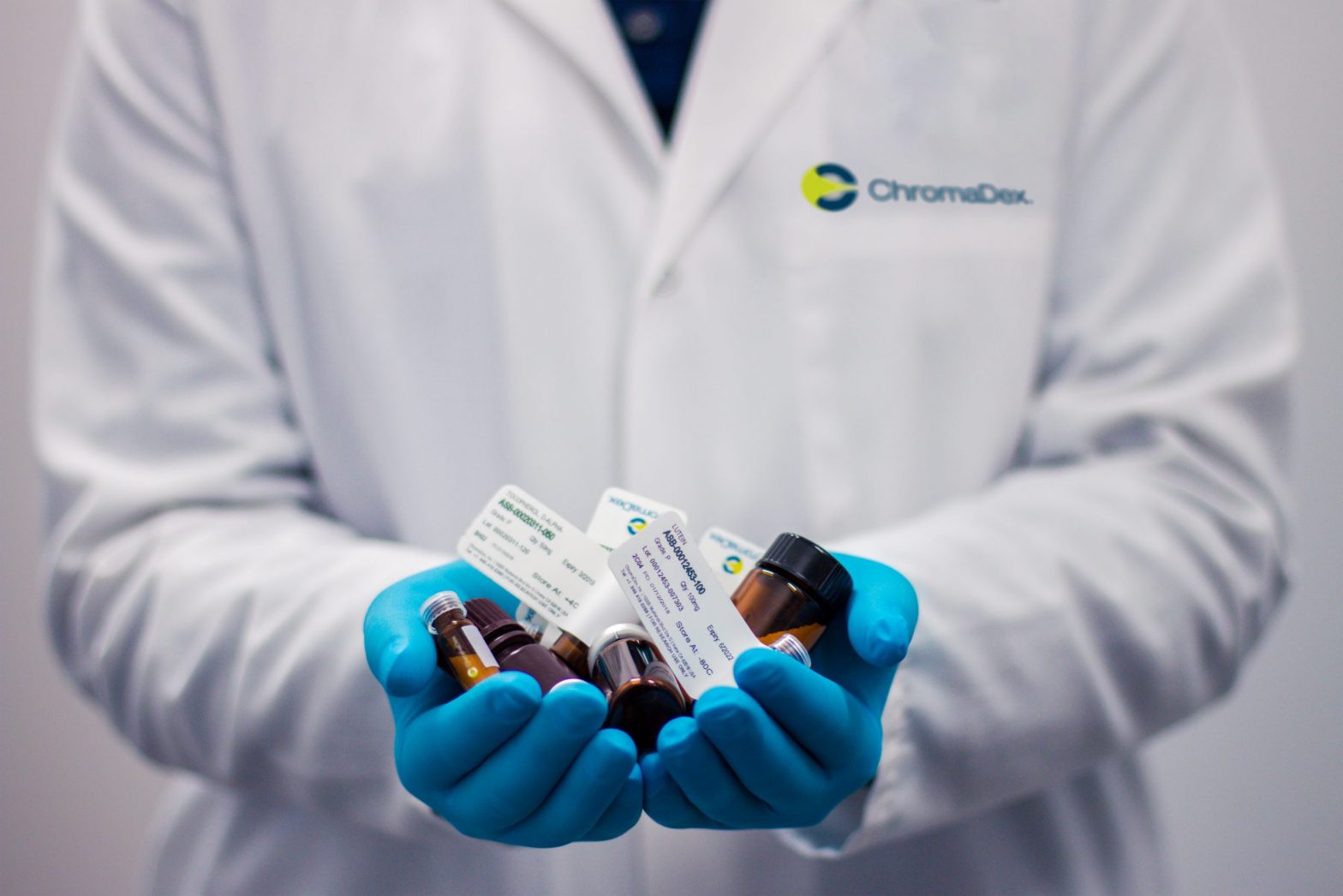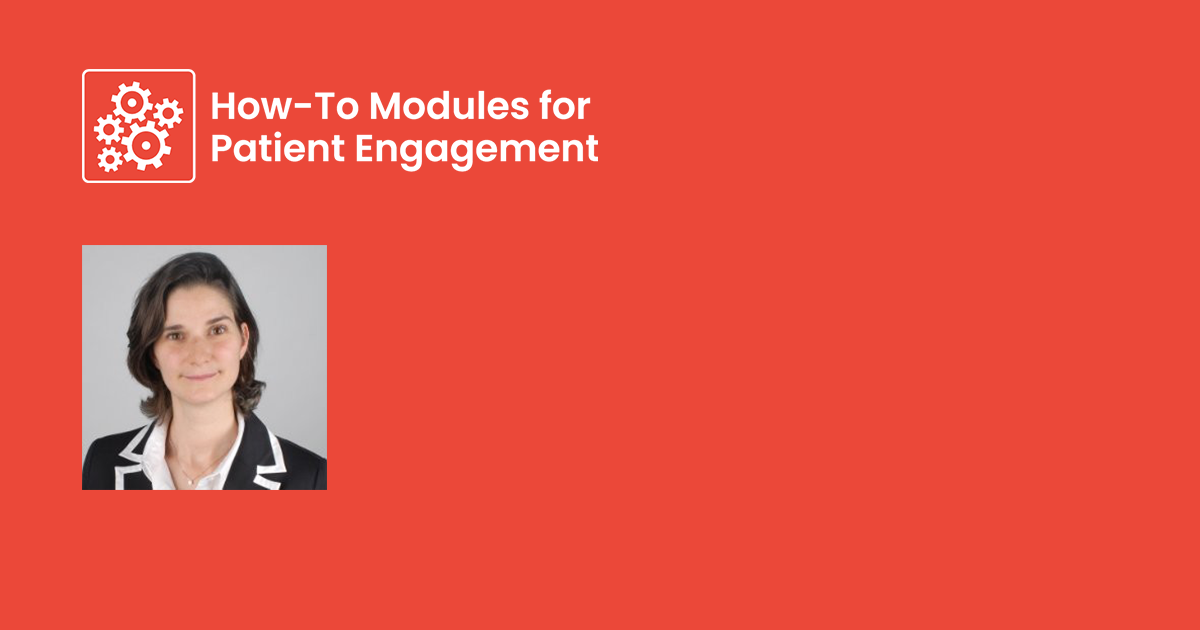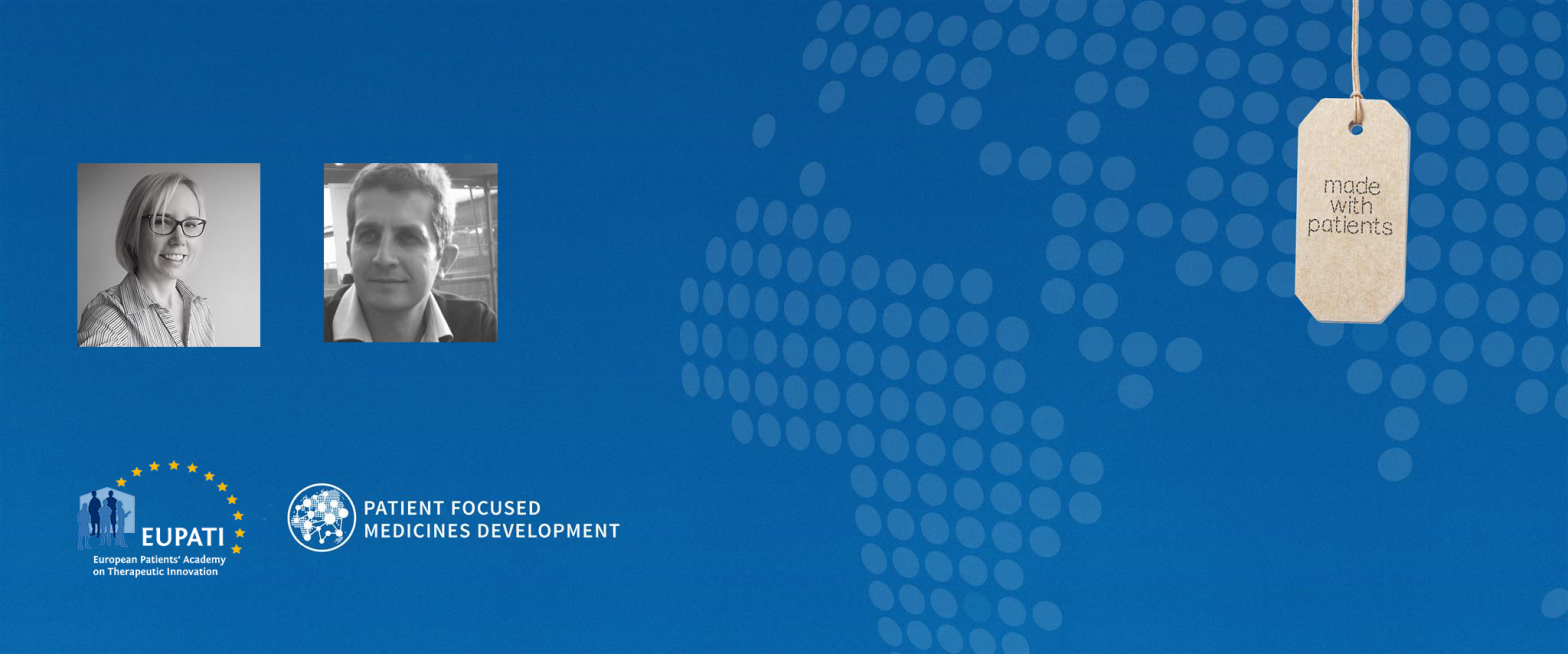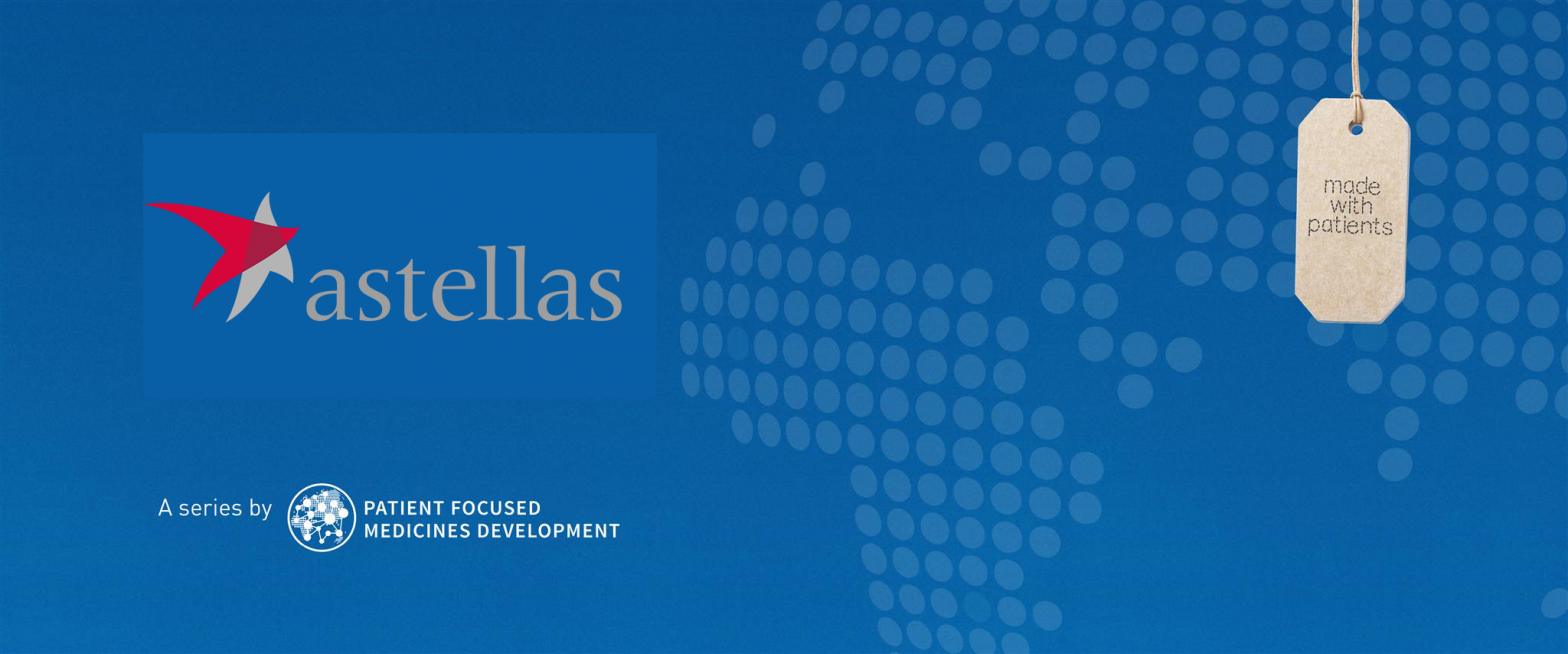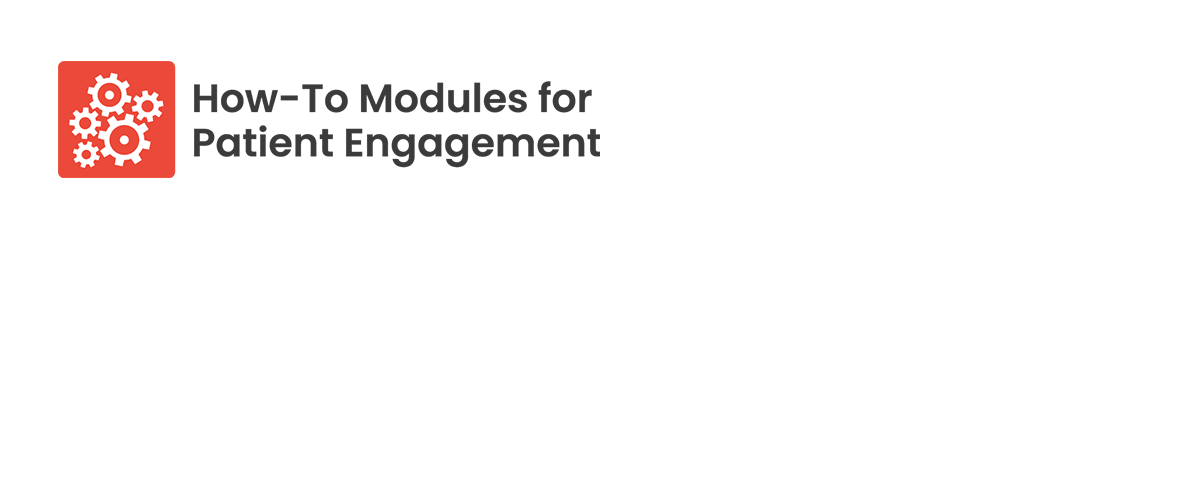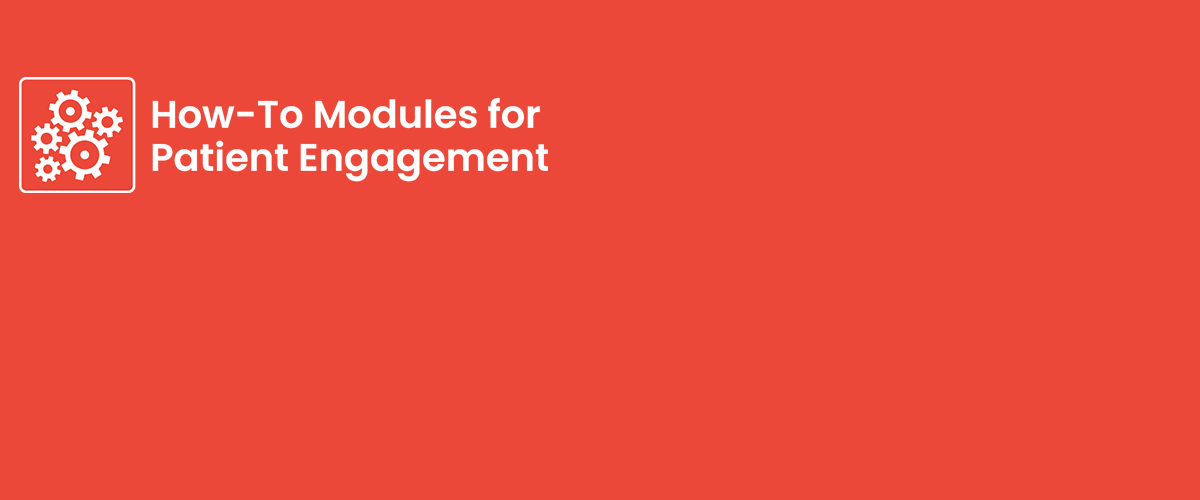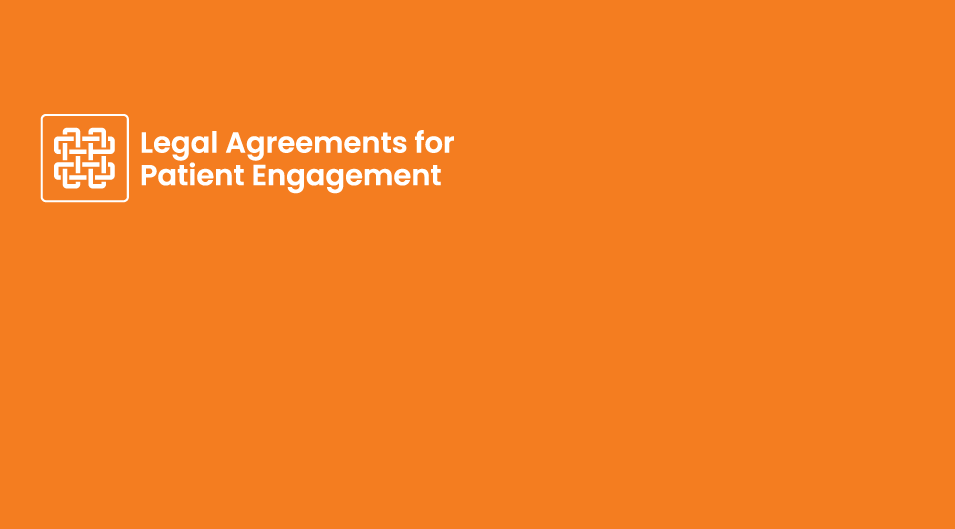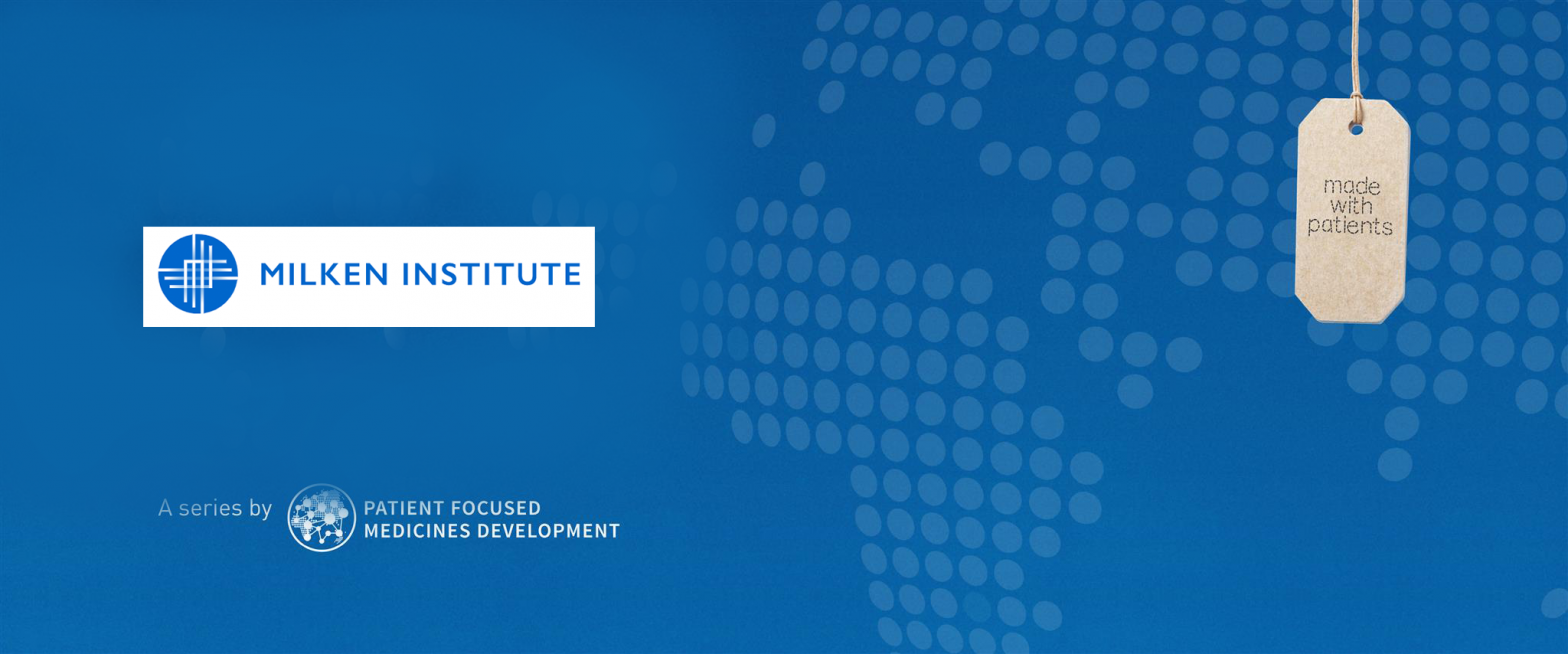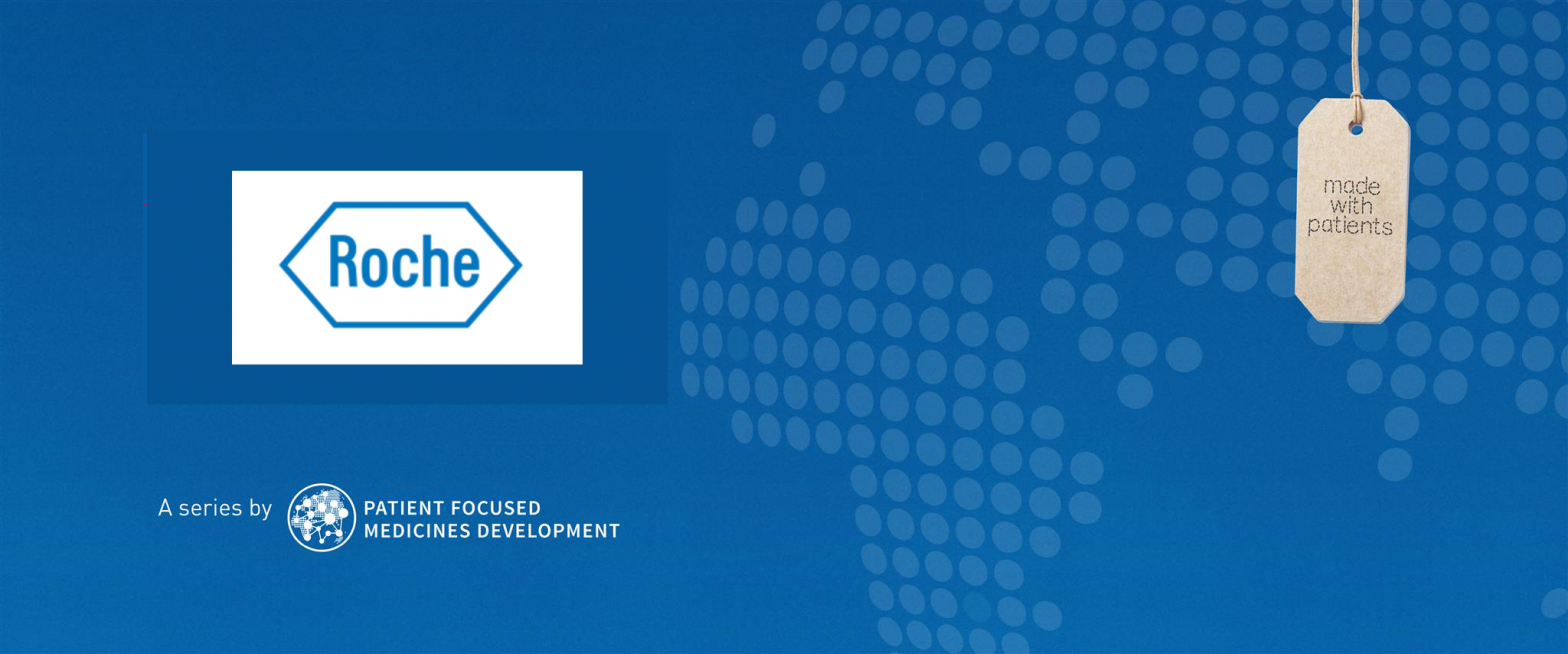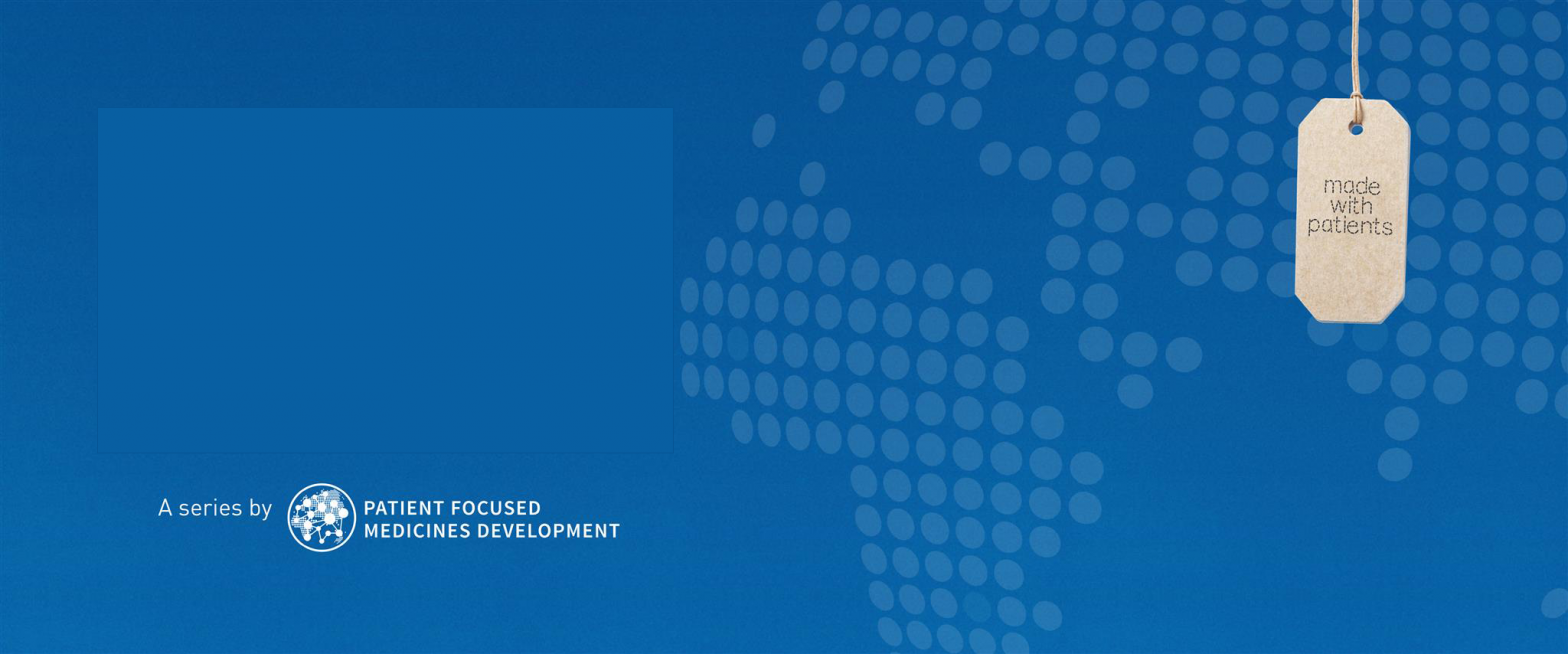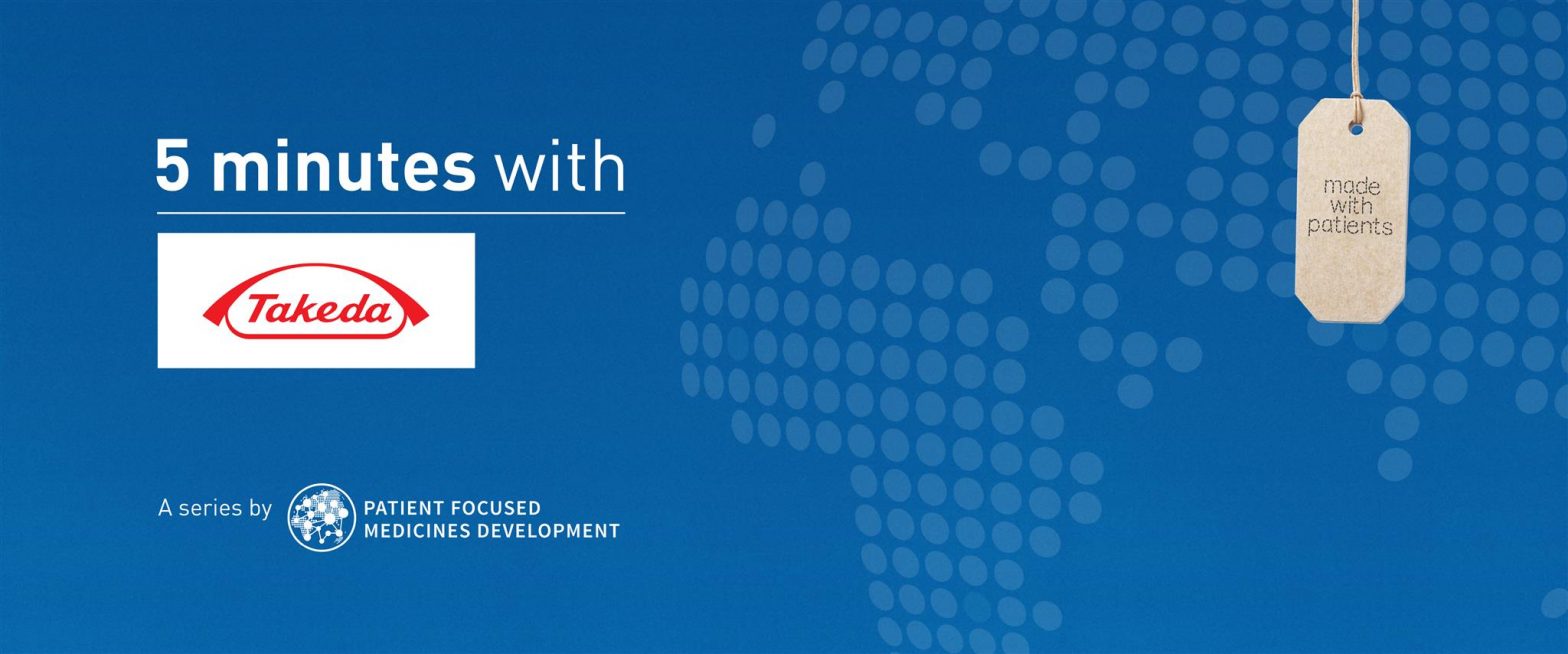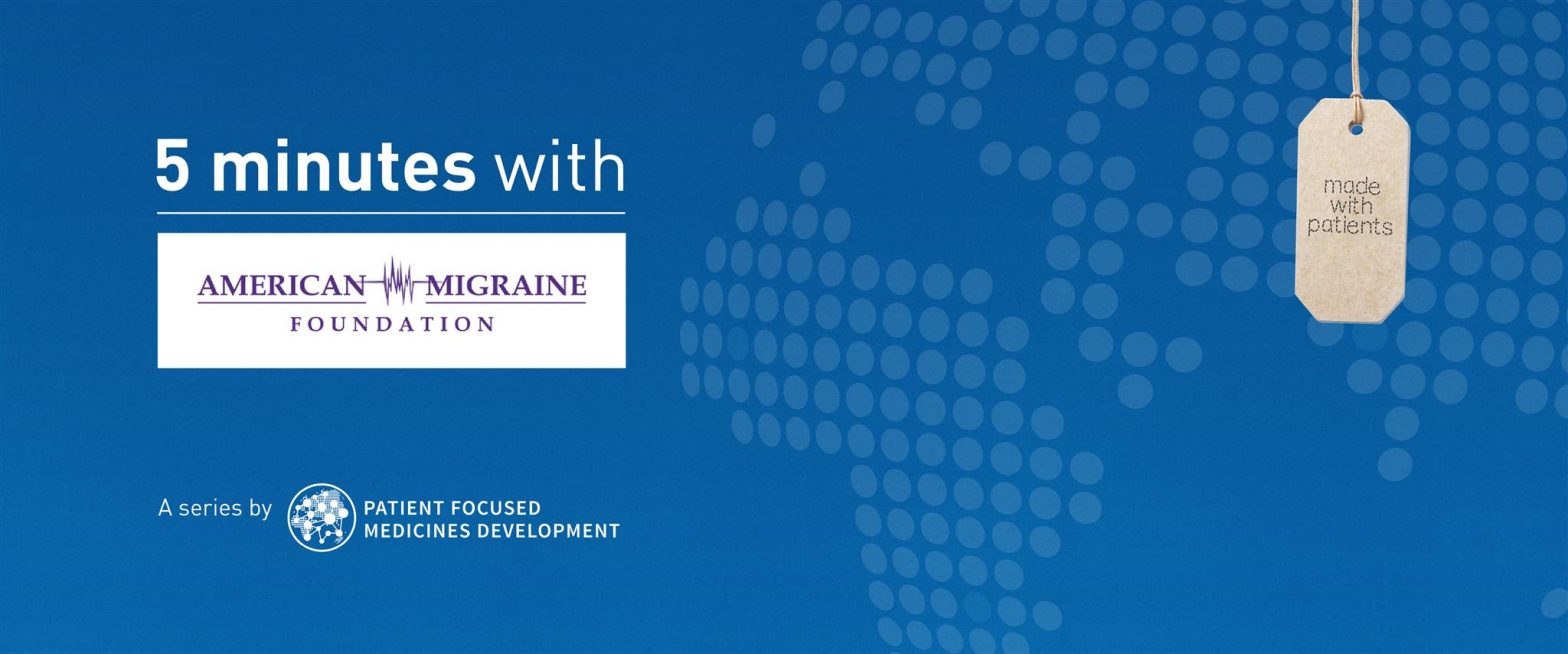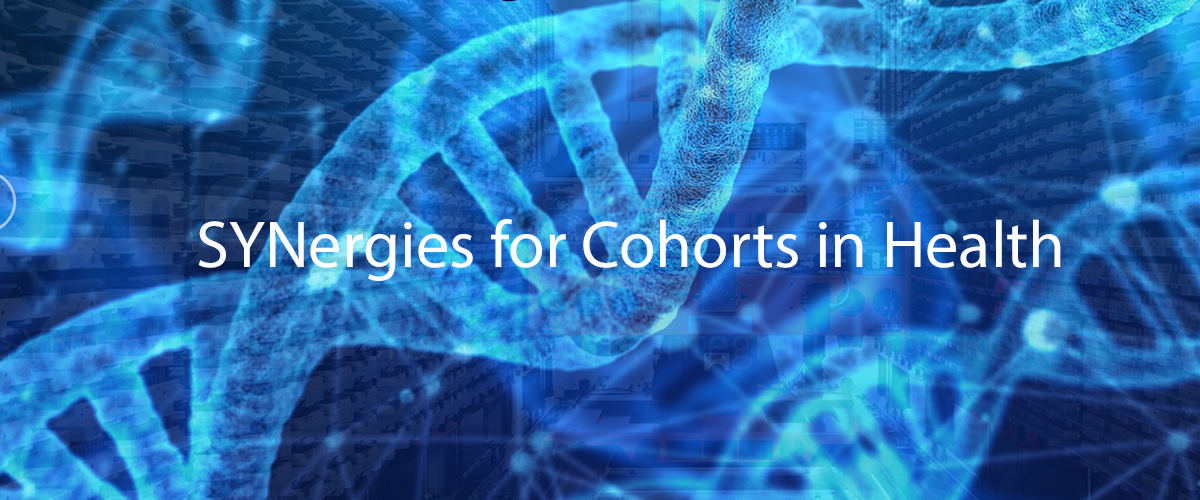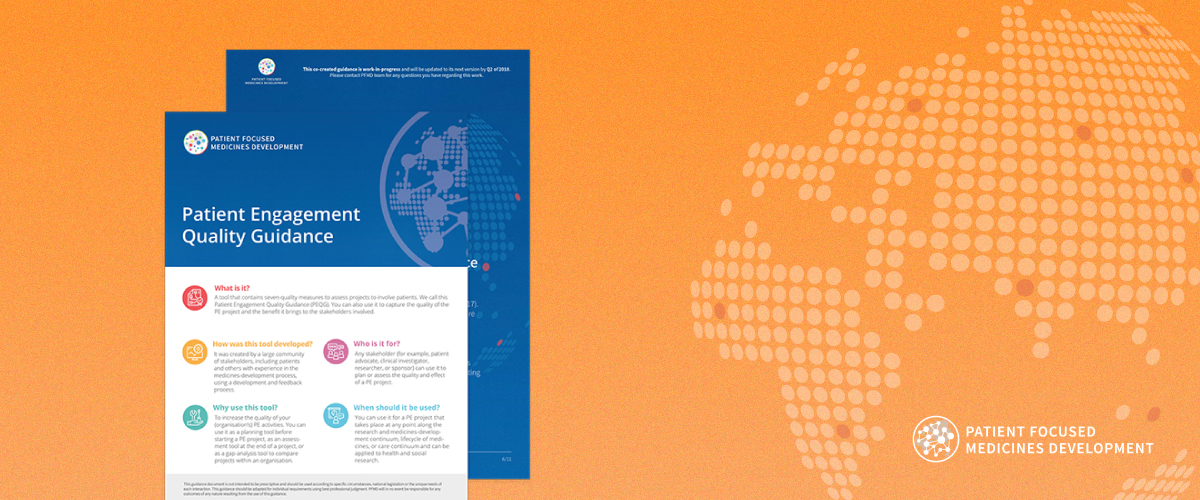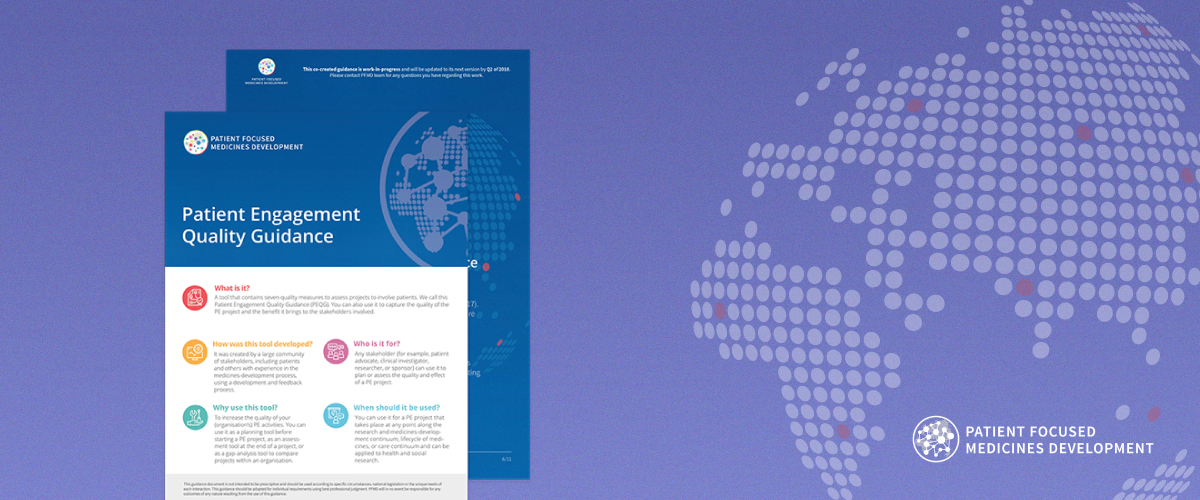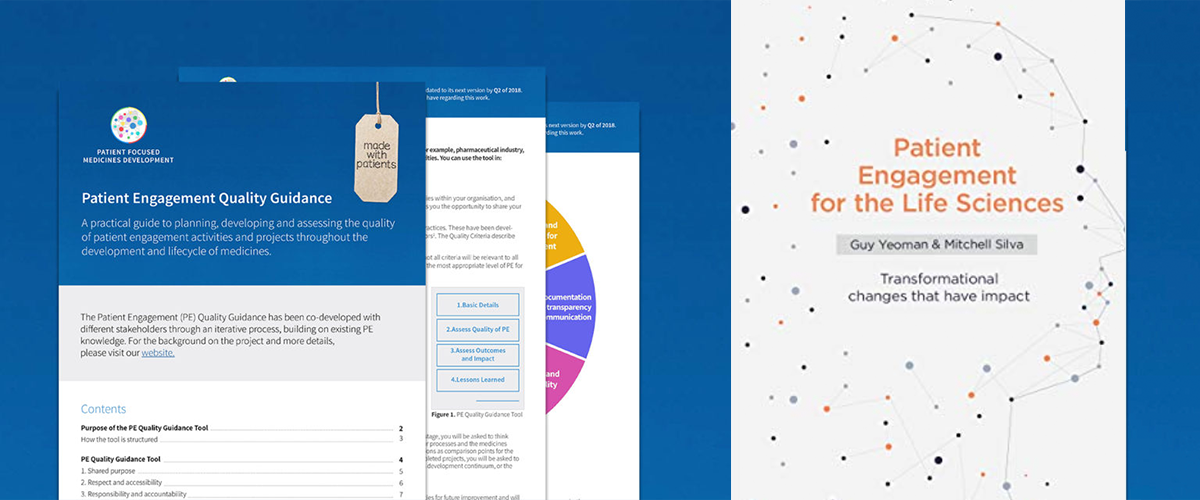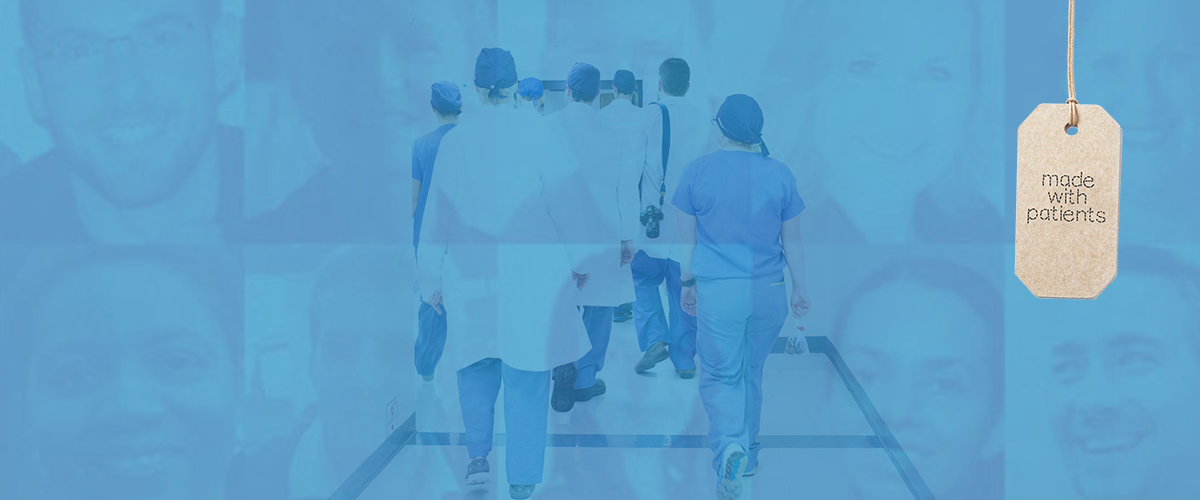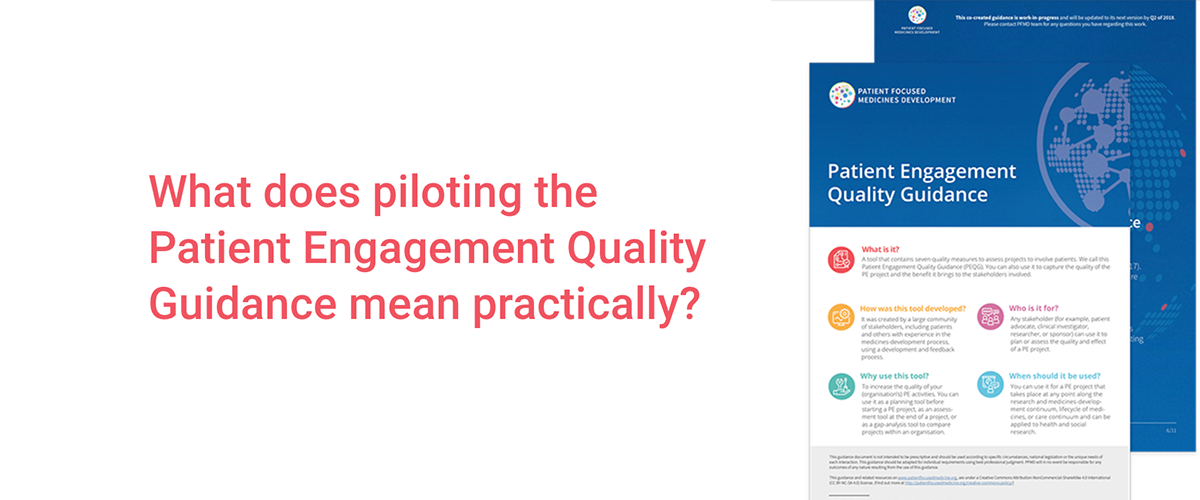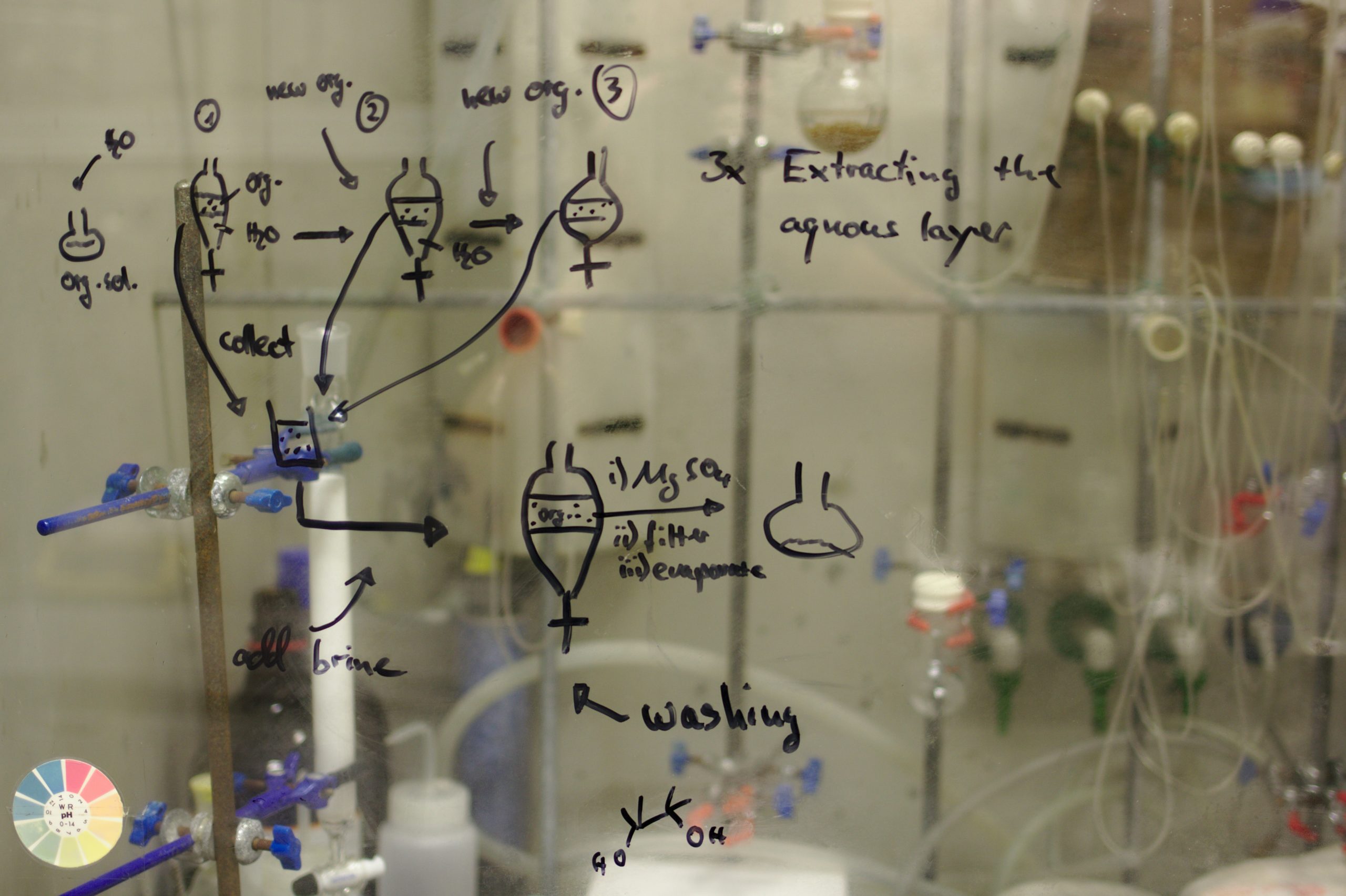PFMD & EUPATI have a common objective: supporting all stakeholders in making patient engagement the new normal, explain PFMD founder, Nicholas Brooke, and EUPATI Coordinator, Maria Dutarte
The idea of involving patients at every step of the medicines development process has gained momentum in recent years. Making it an everyday reality is a significant challenge requiring collaboration between stakeholders.
Patient education and training for other stakeholders is vital if patients are to play a central role. That’s where EUPATI and PFMD come in. The European Patients’ Academy has trained over 150 patient experts who can confidently partner with researchers, industry and others in medicines R&D. More than four million users have engaged with its online Toolbox of resources.
Launched in 2012 as a five-year IMI-funded initiative, EUPATI is now hosted by the European Patients Forum – a key partner in the original project – and will soon become a stand-alone foundation in the Netherlands. It has also spread its reach to Japan, Latin America, the US and beyond, while developing new partnerships with the medical devices and digital health sectors. ‘We will always be focused on patient education but are also enlarging our training portfolio to meet the needs of industry and academia, as well as regulators and HTA bodies,’ says Maria Dutarte, EUPATI Coordinator at the European Patients’ Forum.
For its part, PFMD is a global platform that has been creating world-class awareness and demand for patient engagement since 2015. ‘One of our key roles is to co-create tools for engaging patients,’ explains Nicholas Brooke, Executive Director, PFMD. ‘We want to bring together existing tools and good practices to create a coherent framework that supports stakeholders in engaging patients – and we are filling gaps identified by the healthcare community.’
Collaboration on training in patient engagement
EUPATI partners have played an active role in PFMD since its launch and the two organisations have collaborated closely ever since. The organisations and many of their members have also been working together on the IMI PARADIGM project and enhancing one another’s visibility – for example through the Synapse platform.
Today, their complementary missions have led them to a common conclusion: all stakeholders in the medicines ecosystem need new skills and knowhow if patient engagement (PE) is to go mainstream.
‘We have been working closing together, sharing material and exploring what more we can do to catalyse the widespread adoption of high-quality patient engagement practices,’ says Nicholas.
PFMD has been developing online training modules for industry while EUPATI has a well-established portfolio of training courses initially designed for patients and patient representatives. Together, they have several of the pieces required to complete the puzzle – and a determination to develop training, guidance and toolkits as required.
The two initiatives are now collaborating on a capacity-building portfolio featuring online and in-person training which can be tailored to the needs of various stakeholder audiences. The curriculum is divided into three levels: an introduction to PE focusing on its definition scope and value; how to integrate PE across the lifecycle of medicine; and specific topic areas such as clinical trial protocol design. This includes modules on conflict of interest, working with ethical committees and other technical issues that users will encounter.
‘In addition to demand from industry researchers, we see growing interest from academia in including patients in their research. But they need tools to make it happen,’ says Maria. ‘It is vital that we work together, using a multi-stakeholder model, to meet this challenge. No organisation can do this alone.’
Future challenges
As the healthcare ecosystem absorbs the shock of an ongoing pandemic, EUPATI and PFMD are responding to the changing needs of stakeholders. EUPATI itself has seen strong interest in expanding its scope by including, for instance, vaccines-related content launched during the outbreak, while the Patient Engagement Open Forum has been reinvented as a series of virtual events.
Maria says patient organisations have seen the attention of policymakers shift sharply to tackling COVID-19. The urgency surrounding the pandemic has also seen a growing tendency to skip patient engagement when developing therapies and vaccines against the coronavirus.
On the plus side, public awareness of the fragmented nature of health systems has never been higher. Patients and their families have seen up close how severely services and clinical trials can be affected when stress is suddenly added to a system. Nicholas believes that citizens now need to understand that only patients can reconnect the dots – strengthening the case for putting patient voices at the centre of health.
How this will translate into funding remains to be seen. ‘Greater focus on including patients in EU-funded projects would be welcome,’ says Maria. ‘But only if it is genuine and meaningful participation, rather than adding a patient organisation logo as a decoration. We are serious partners.’
The sharp rise in the use of telemedicine and digital tools highlights presents opportunities, Nicholas adds. ‘There is no coherent model for dealing with health data and citizens do not trust commercial entities to be the guardians of their information,’ he says. ‘The only player on the pitch that can handle this is professional patient organisations.’
While these trends will shape the future, the near term promises continued collaboration between EUPATI and PFMD in their joint quest to make patient engagement the default setting in global medicines development.
Check out the joint one-pager outlining the shared purpose of EUPATI and PFMD.



